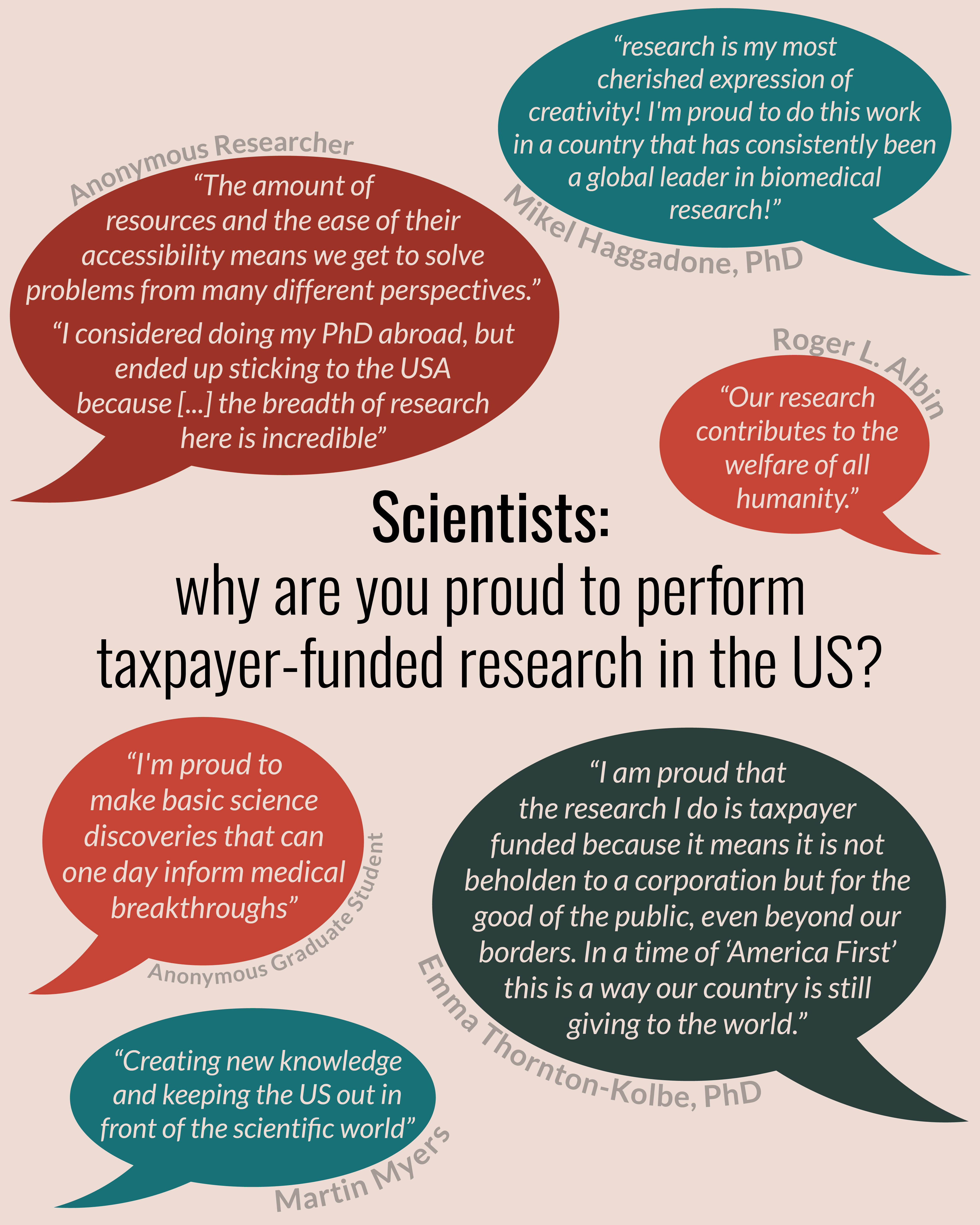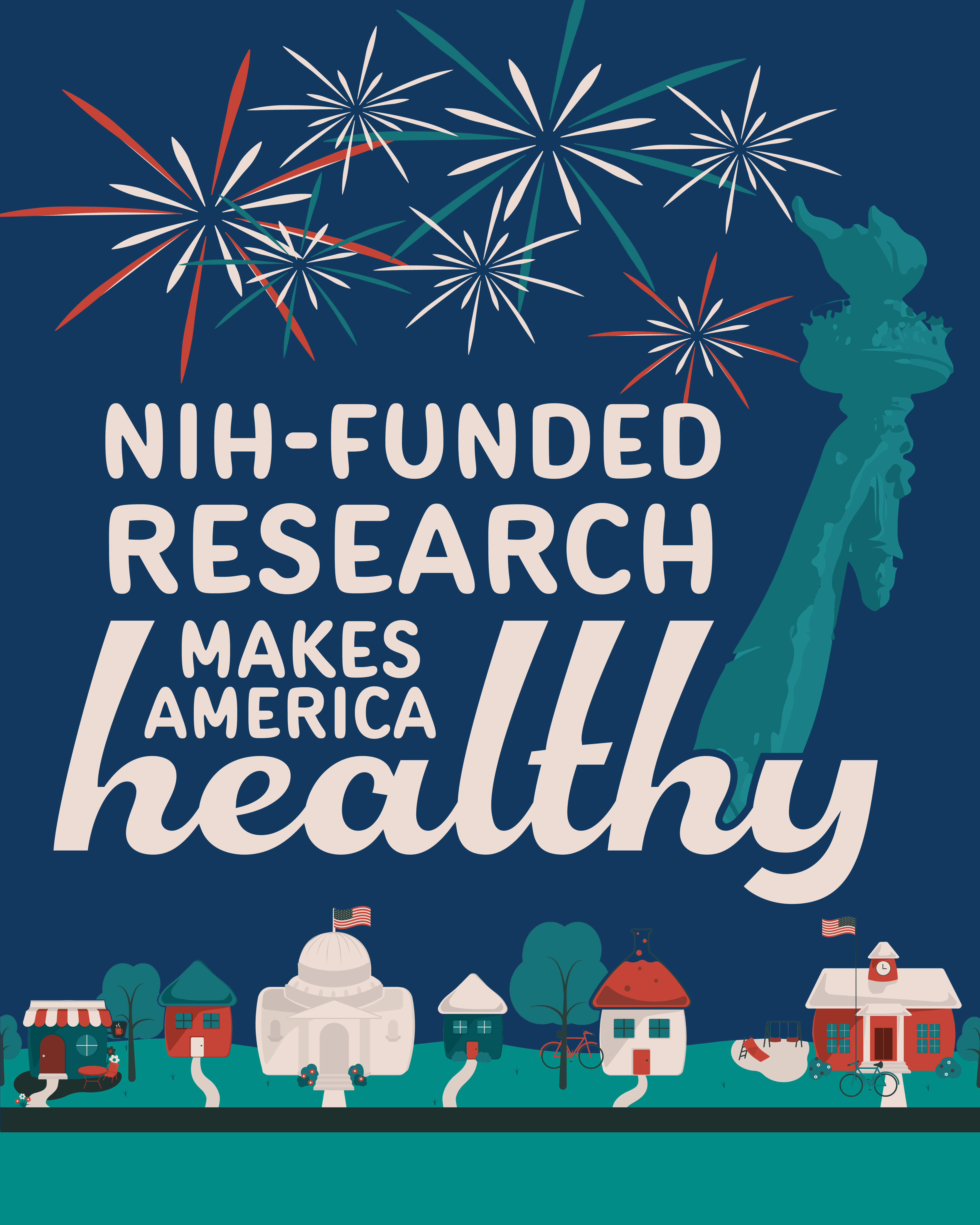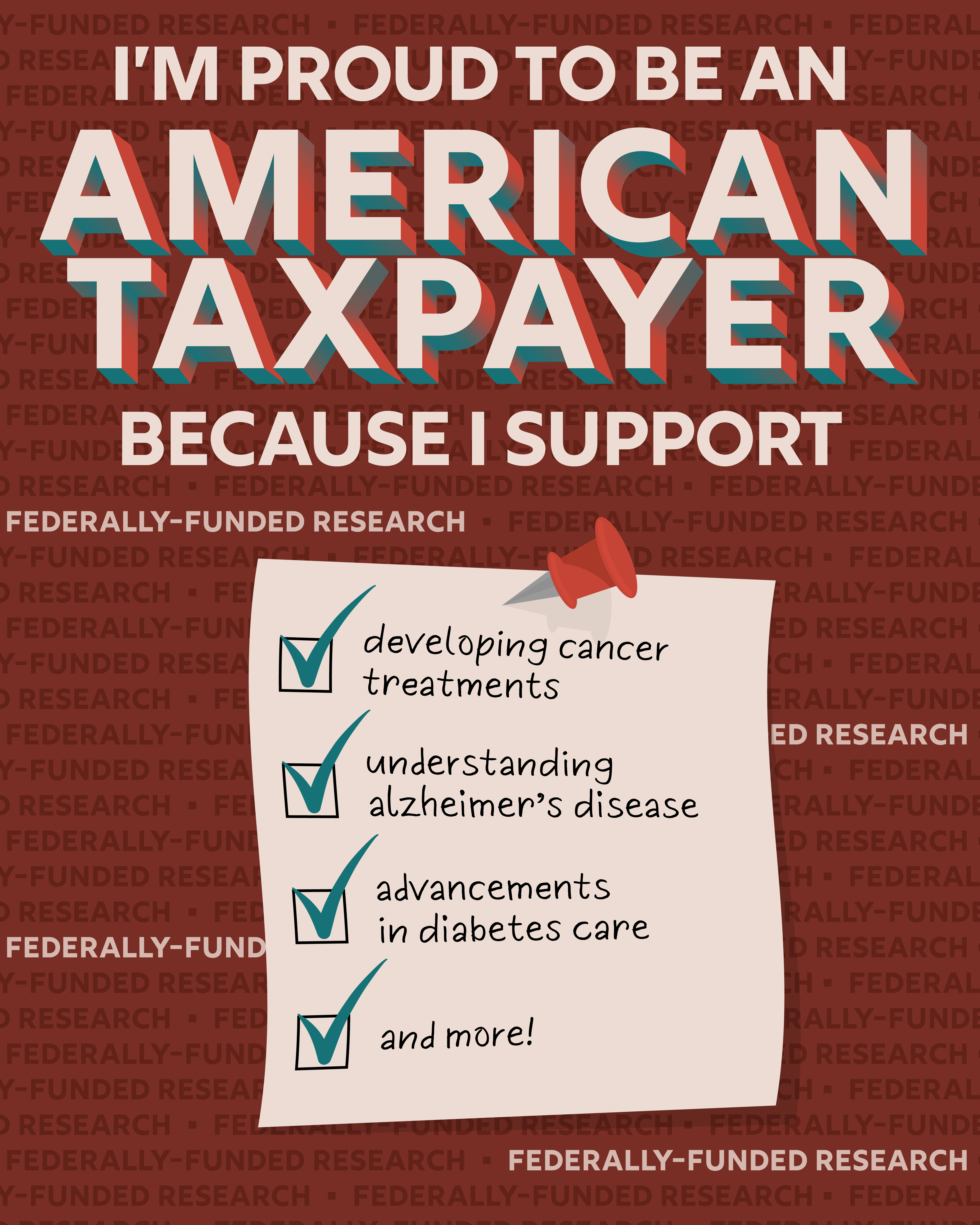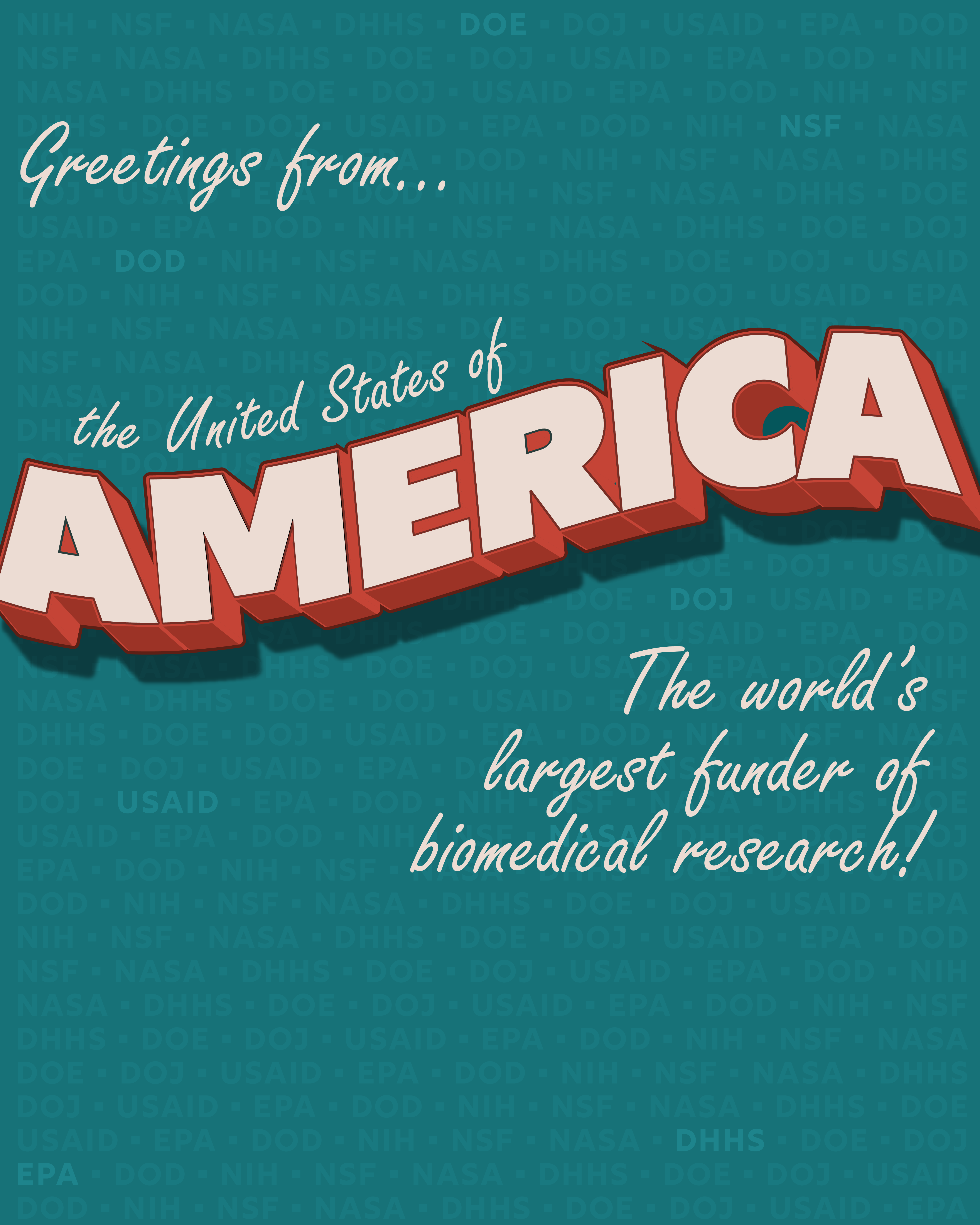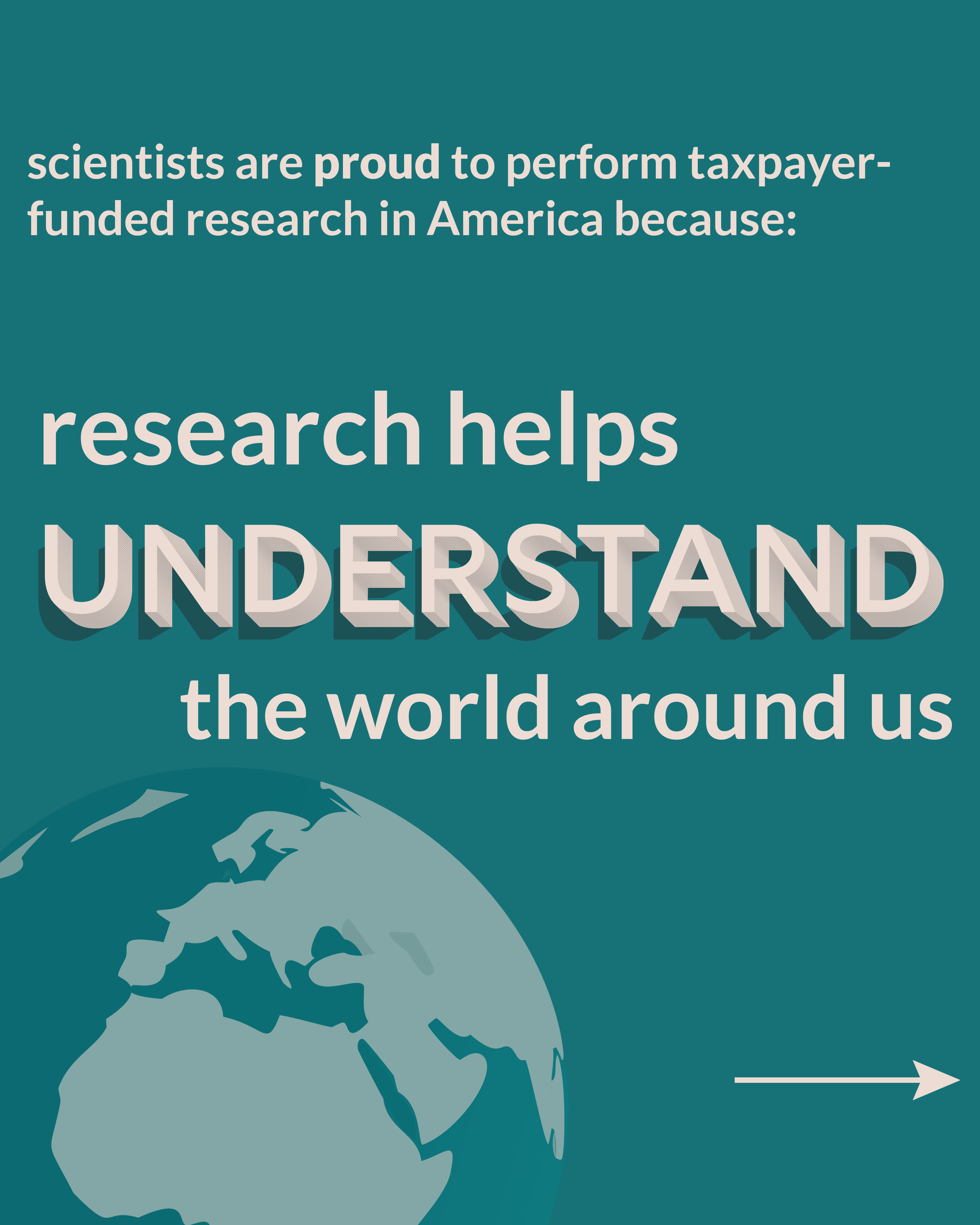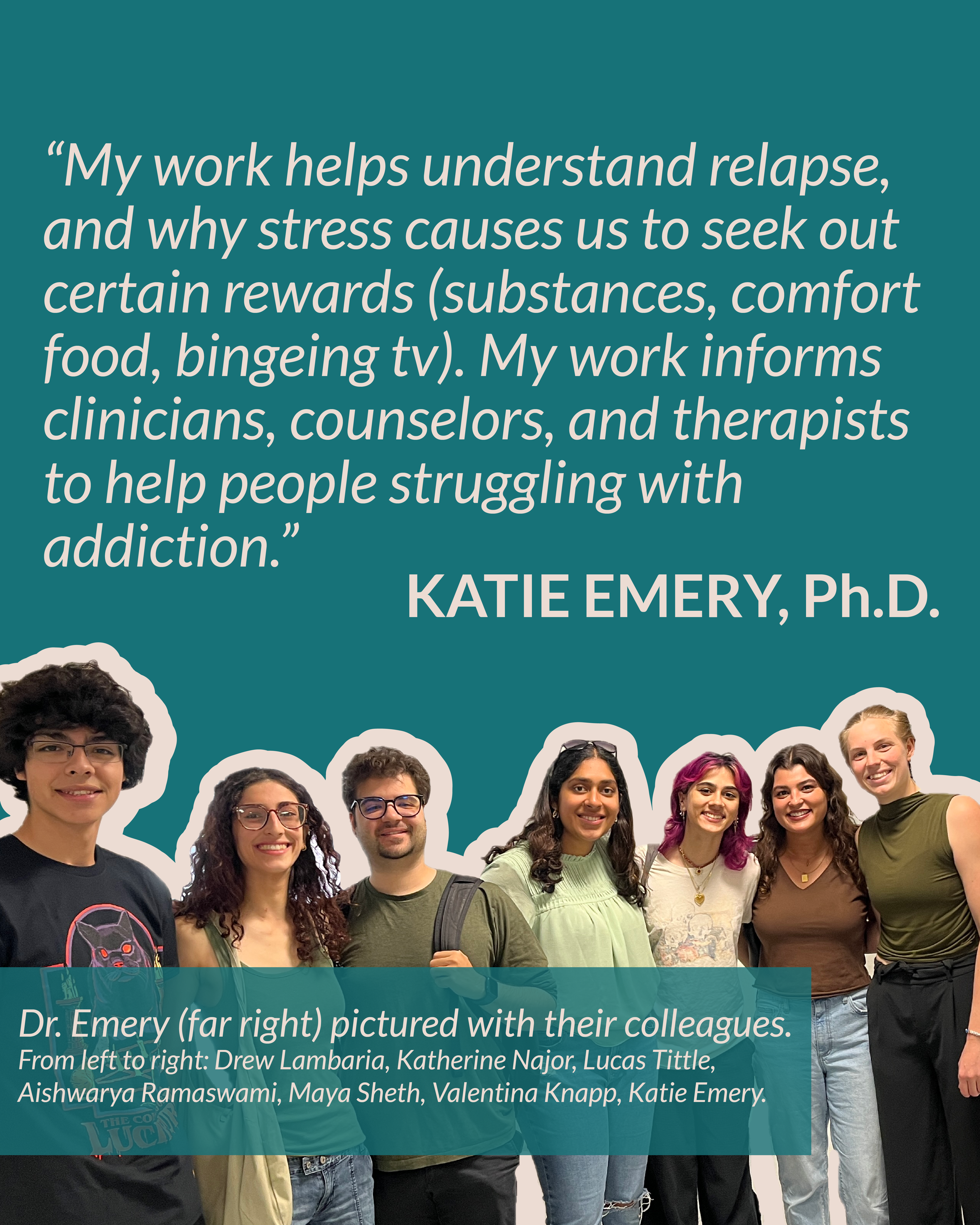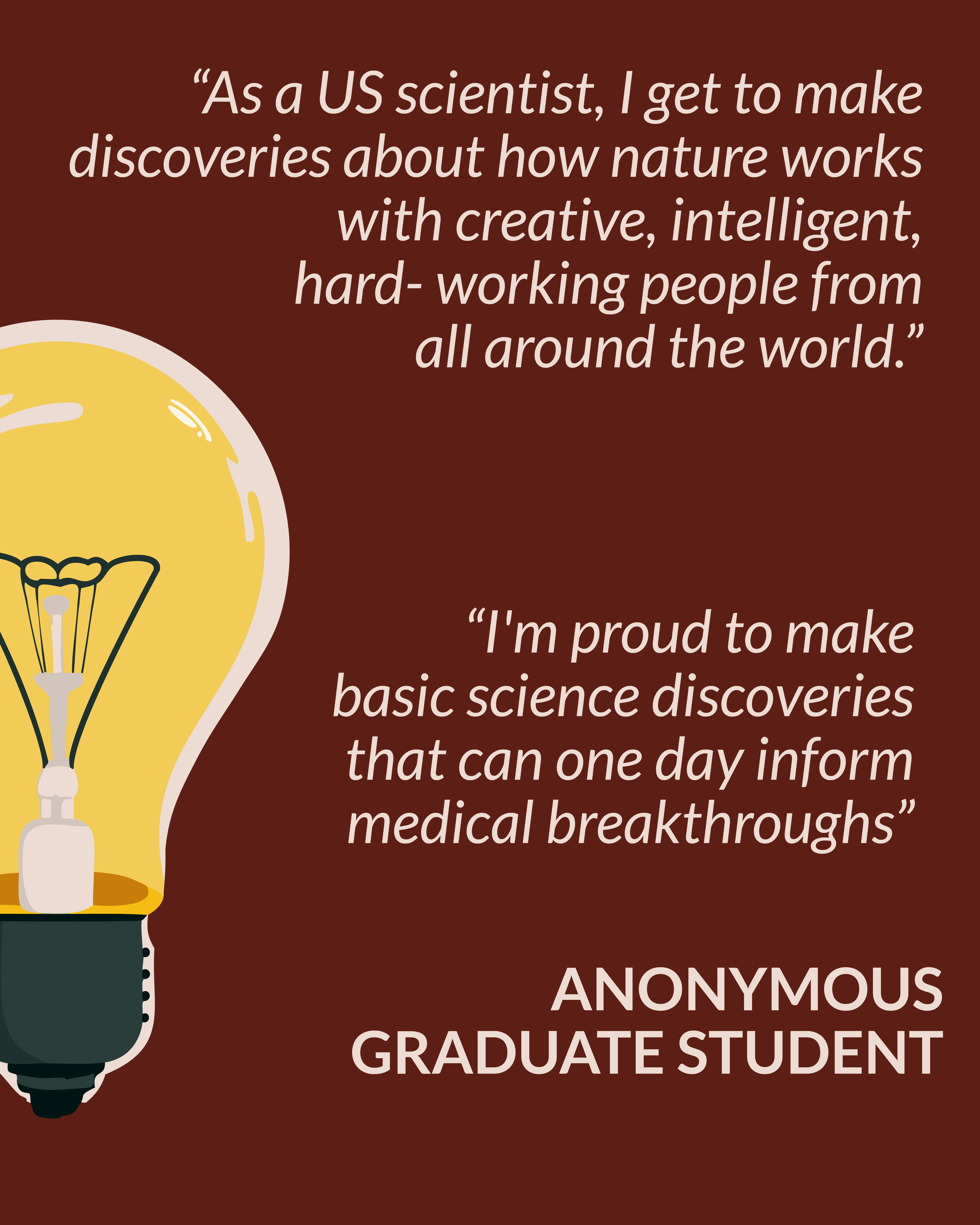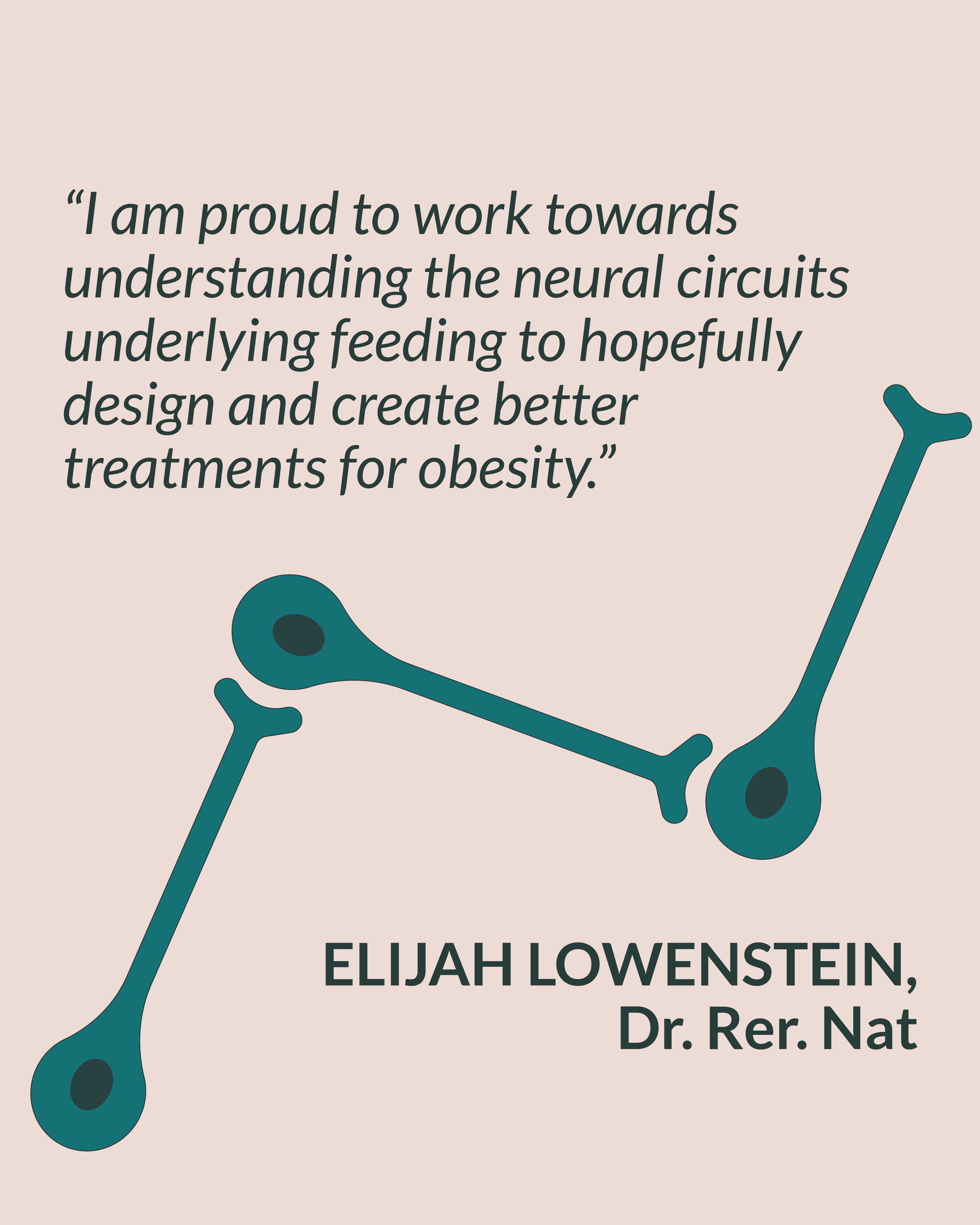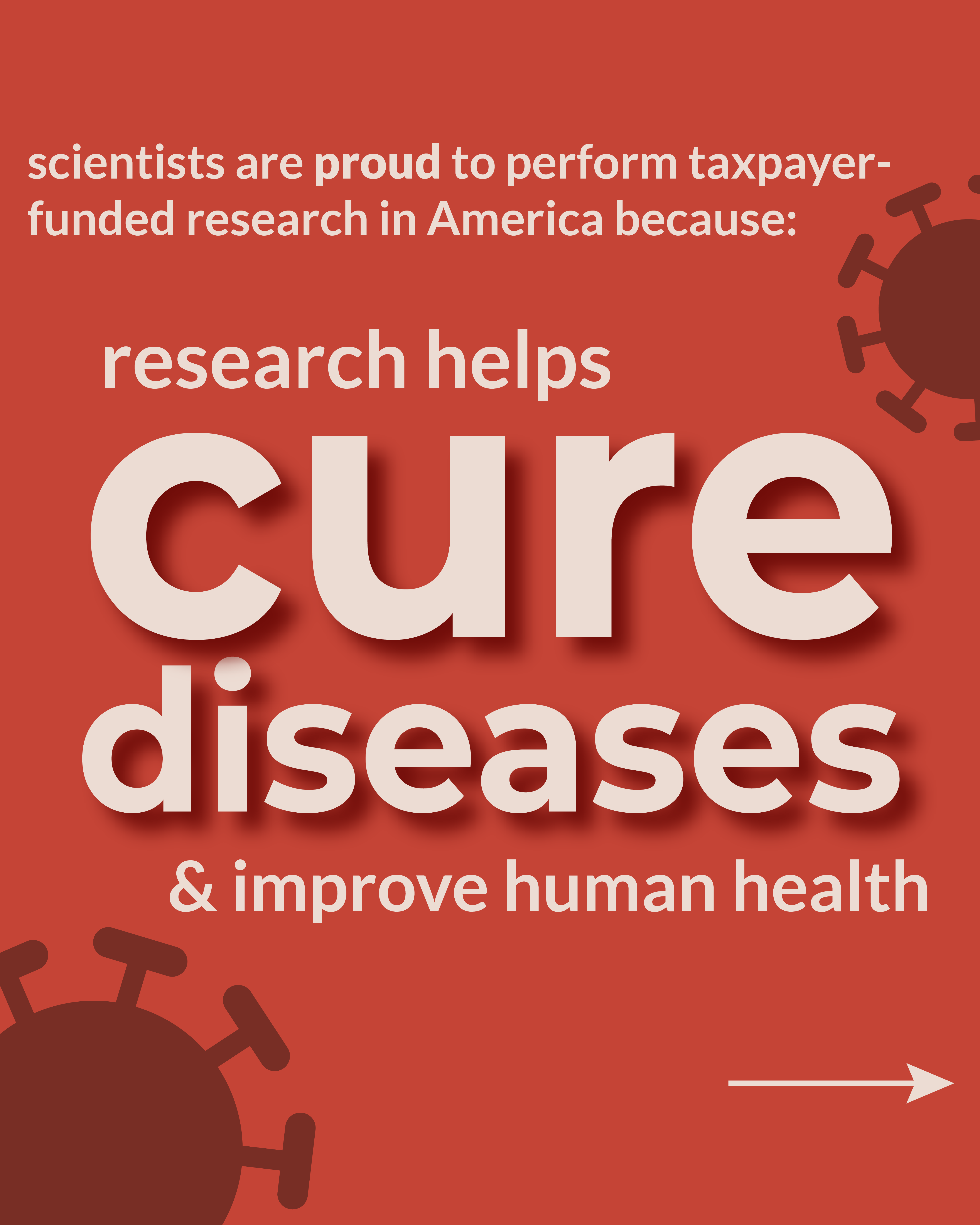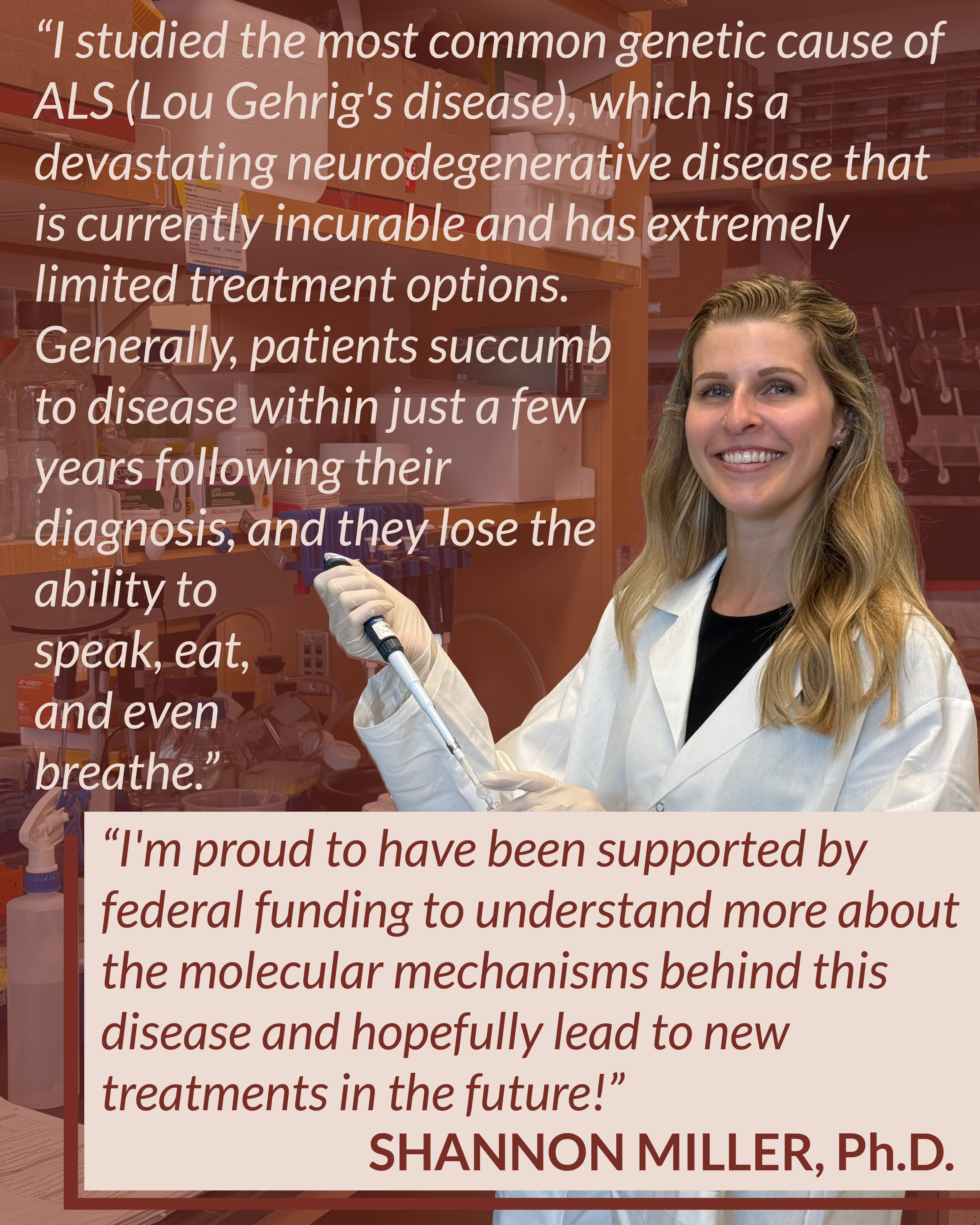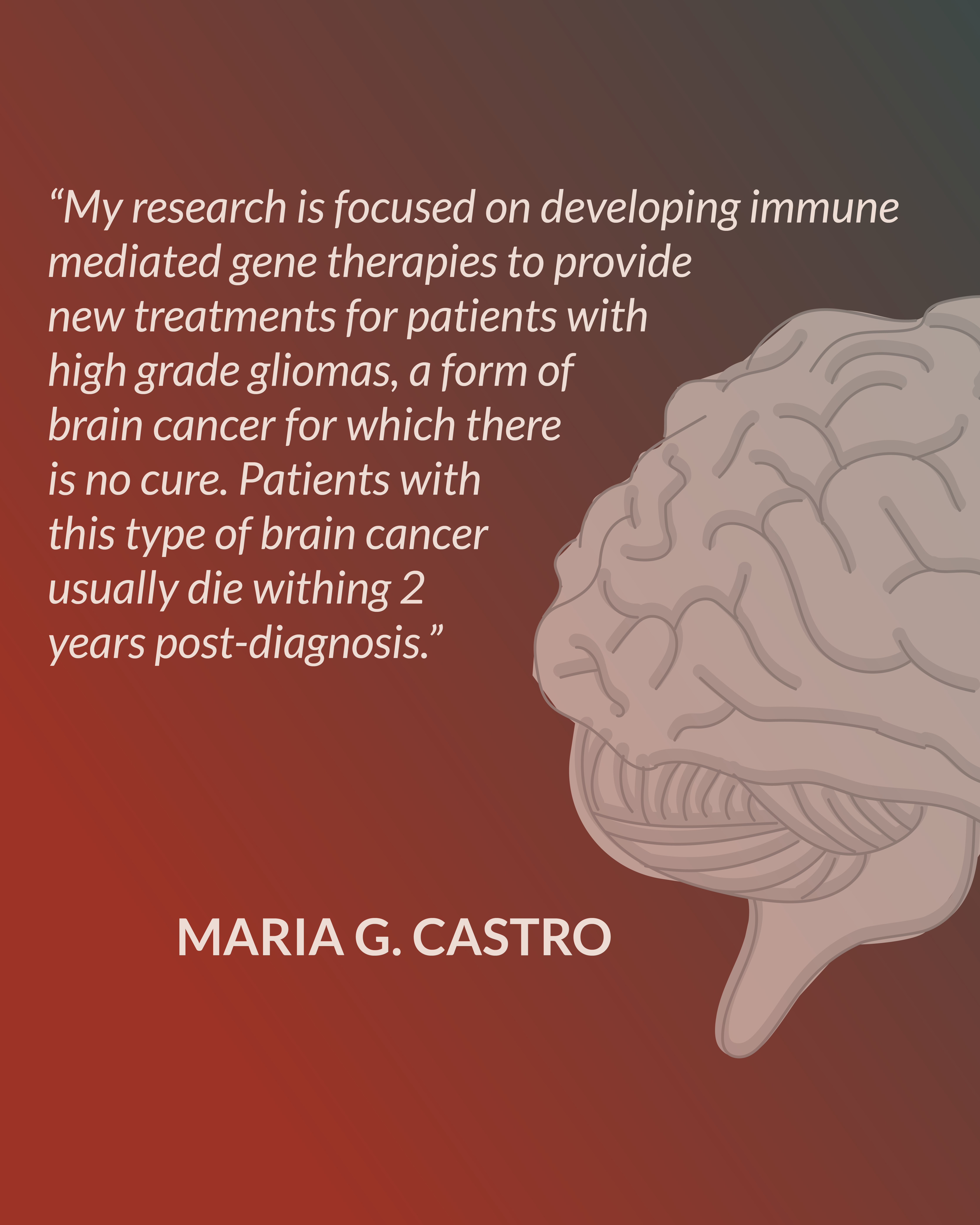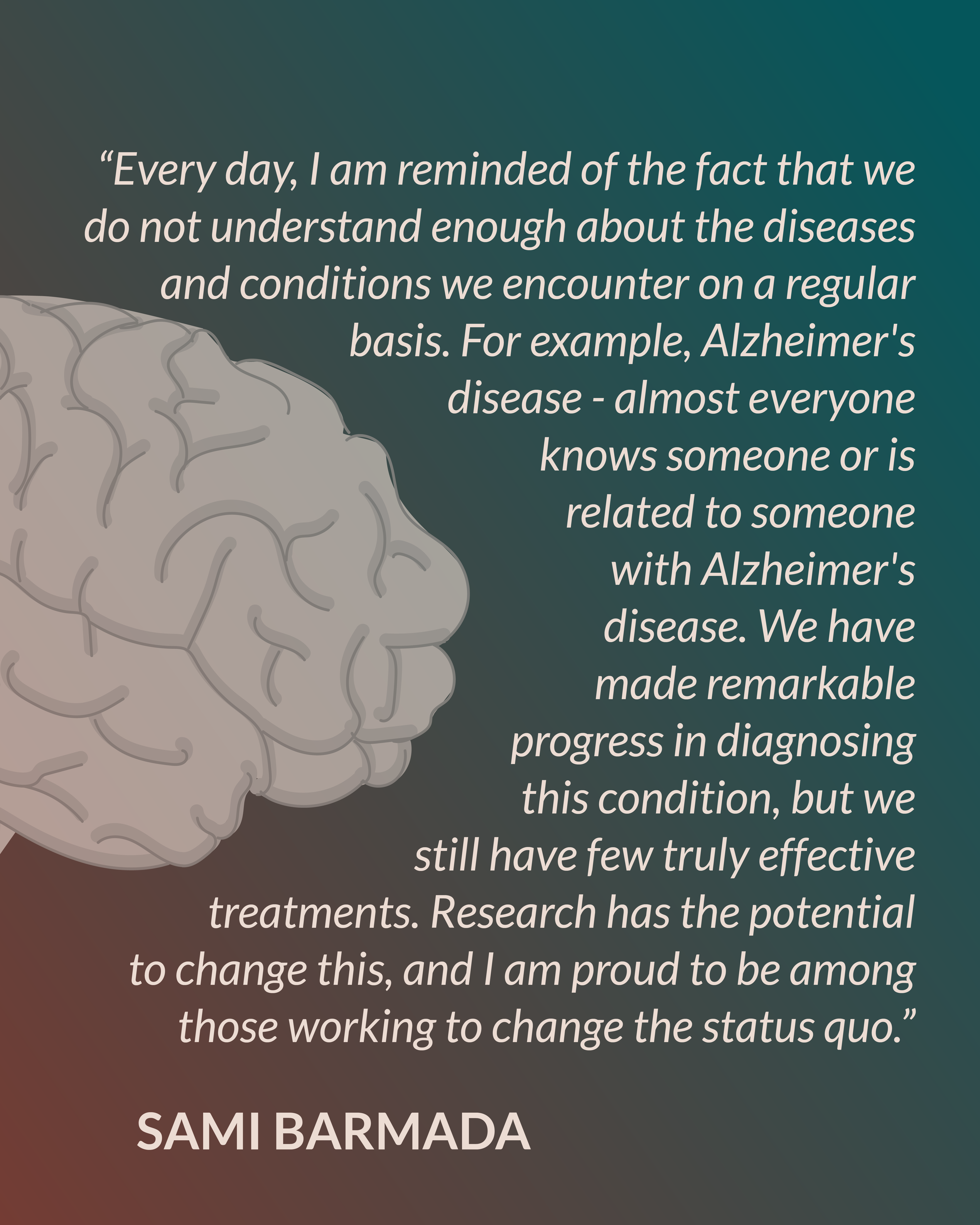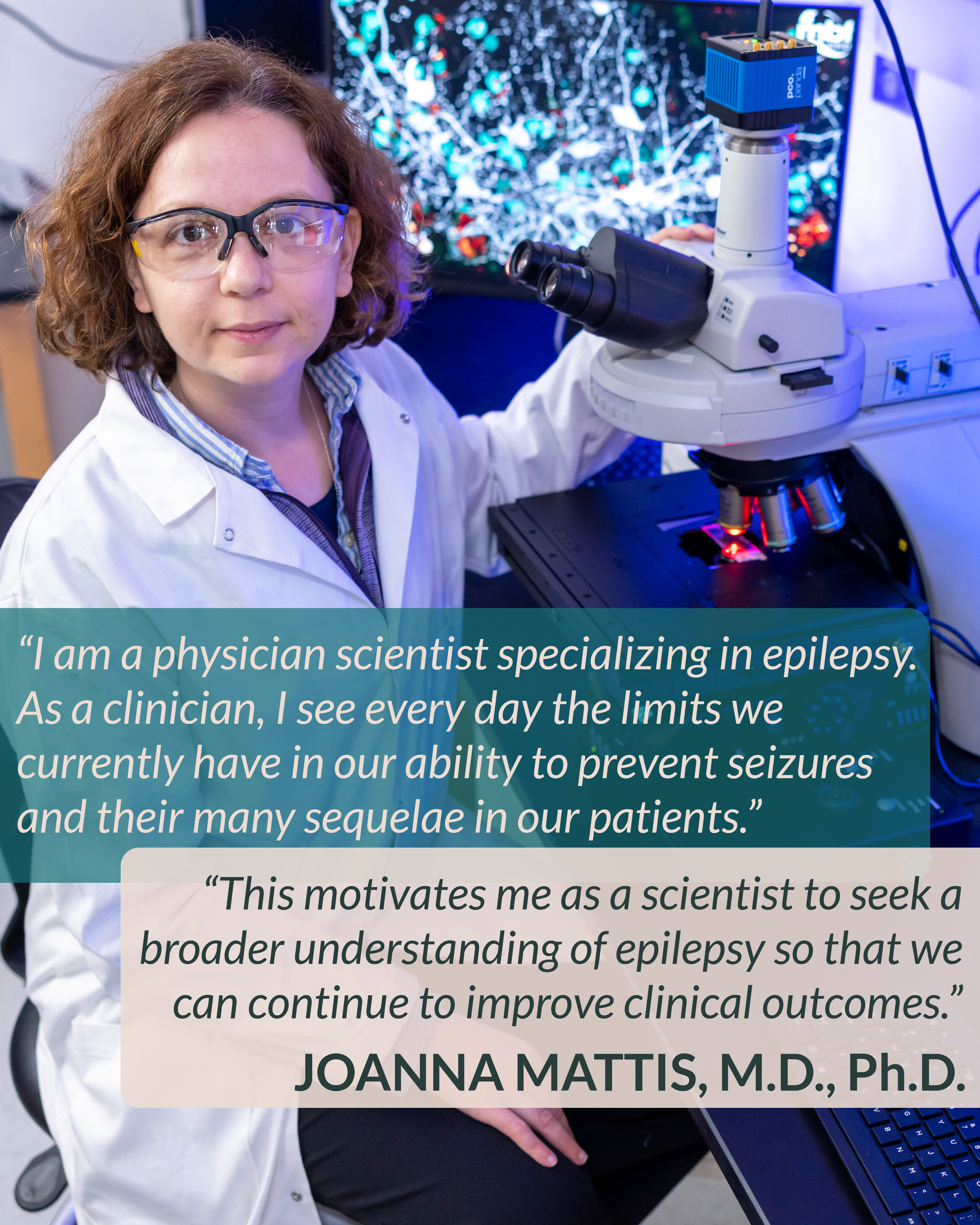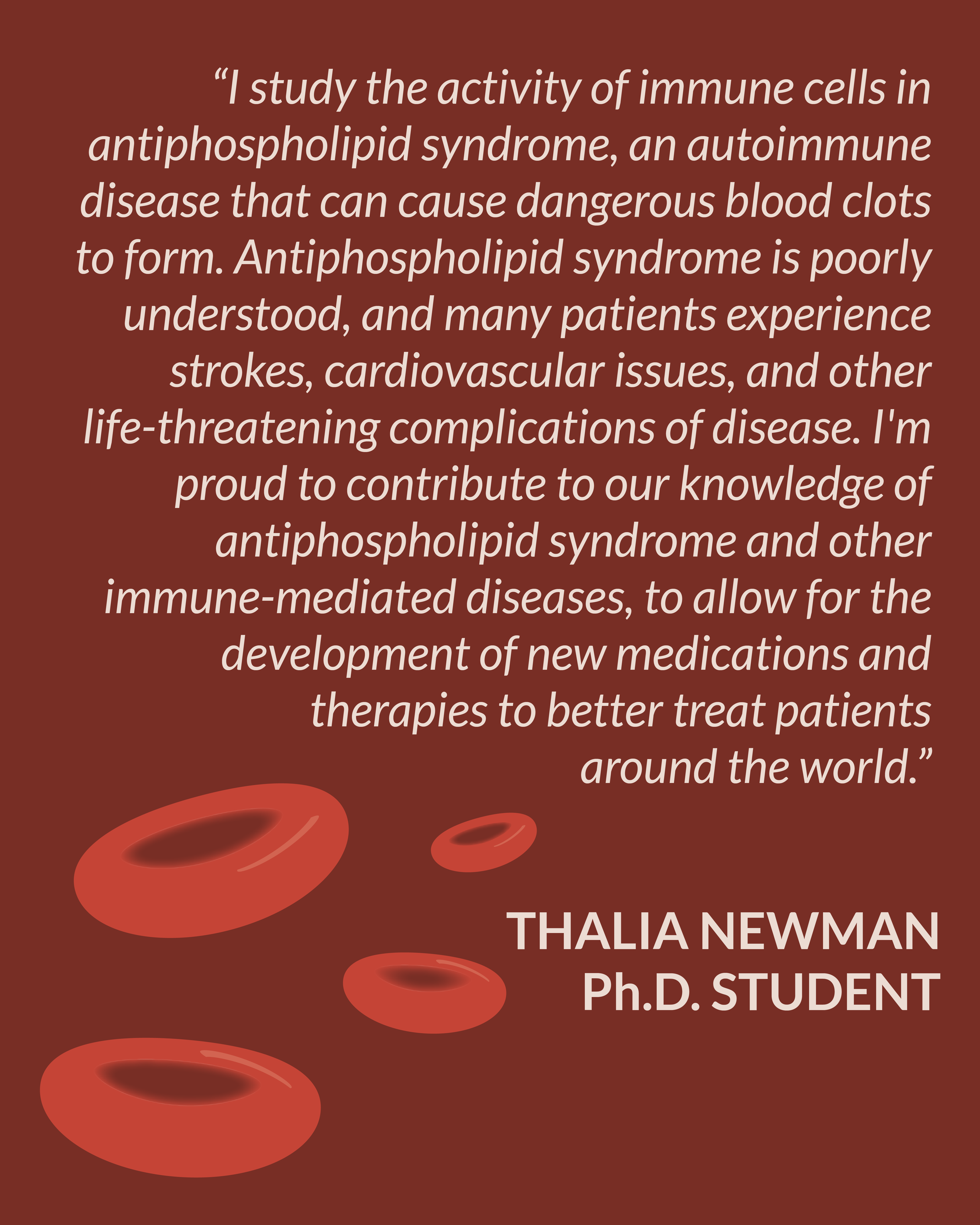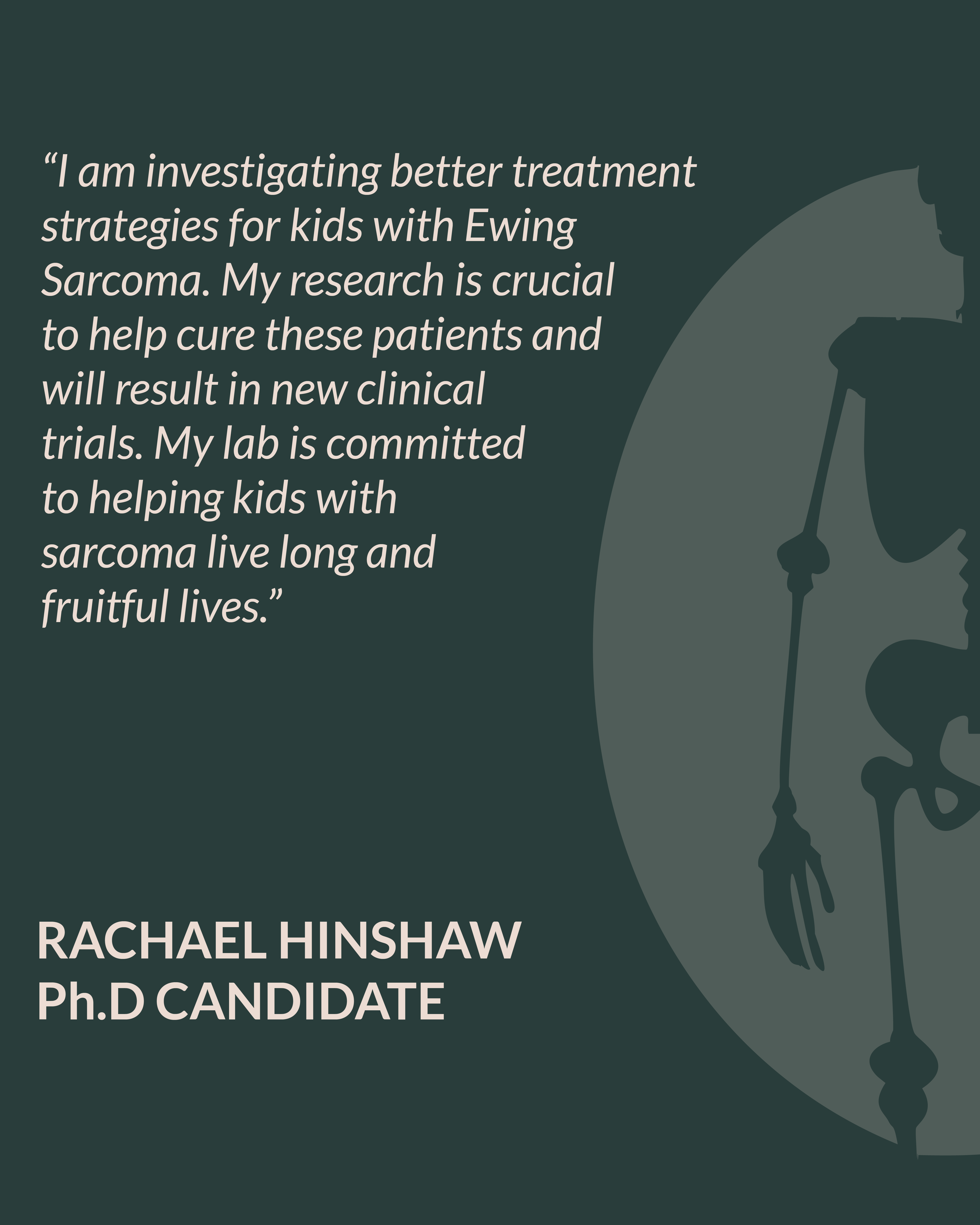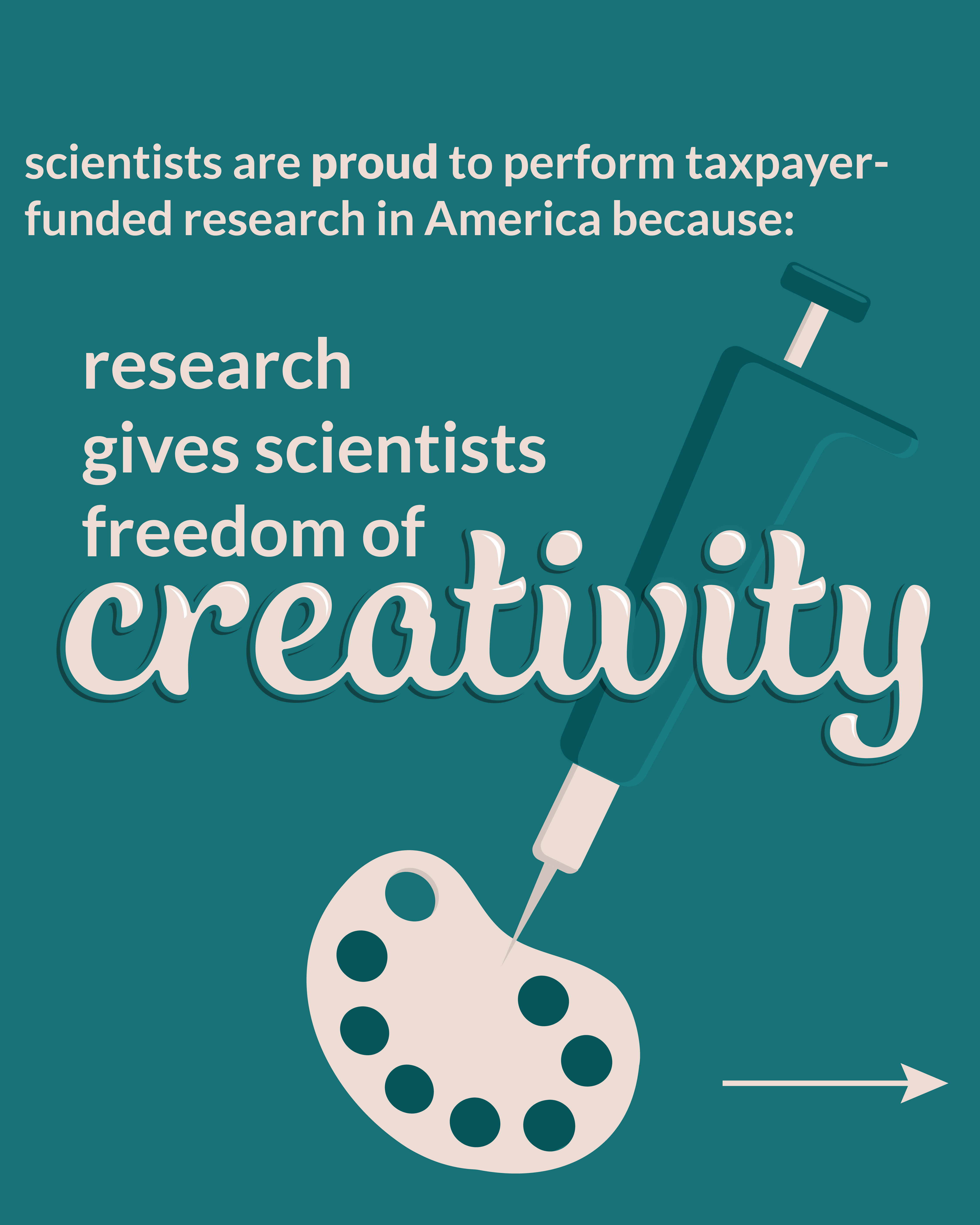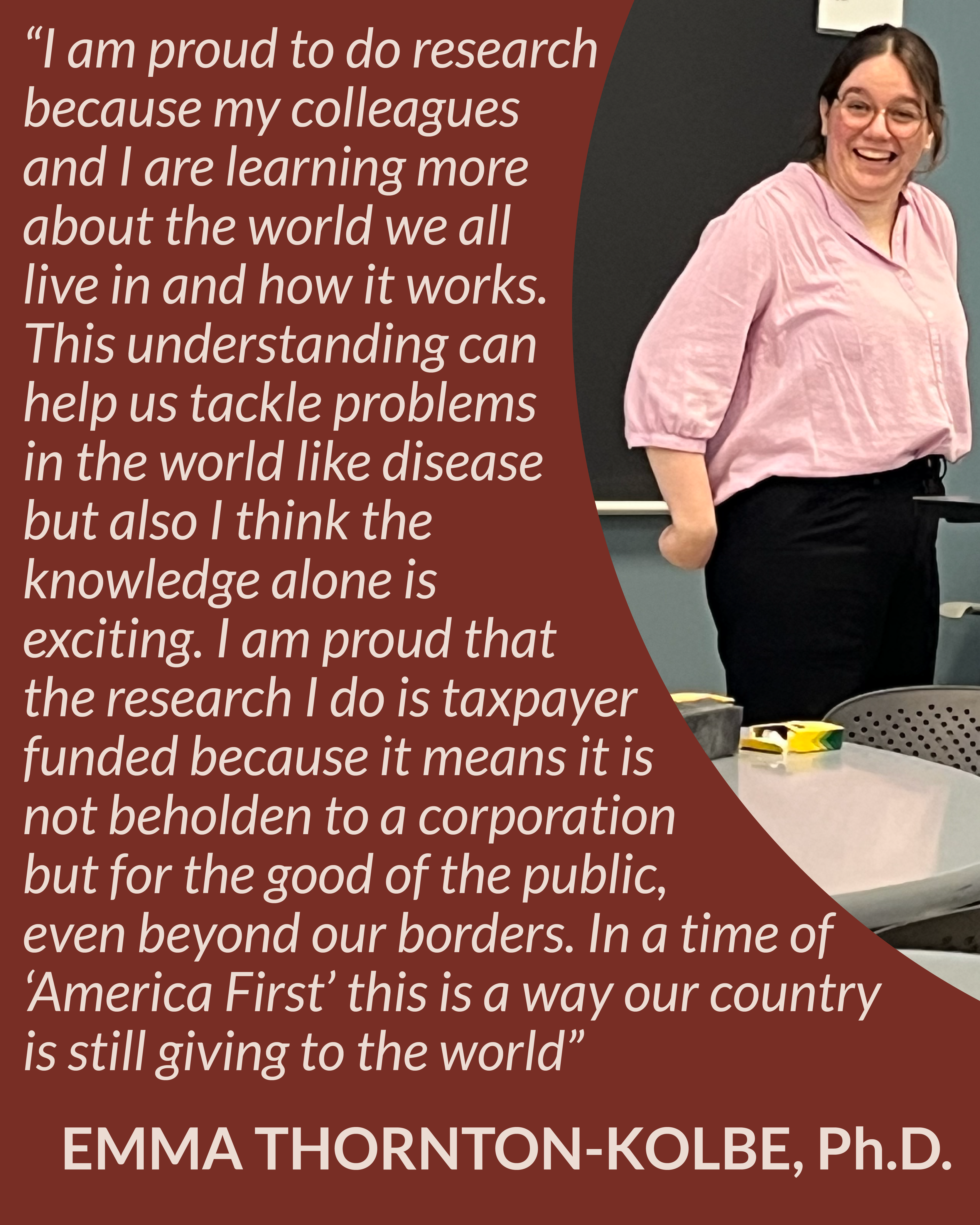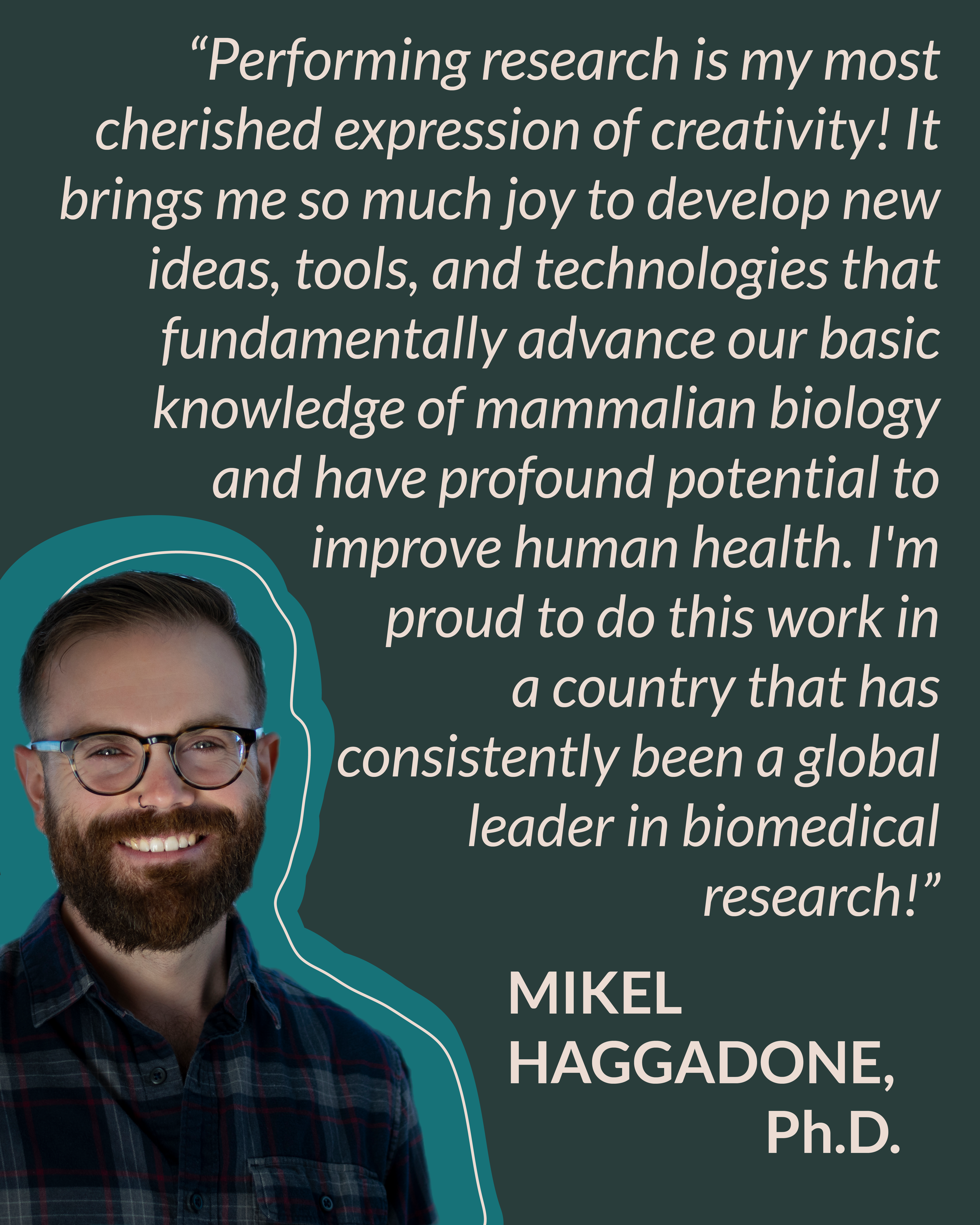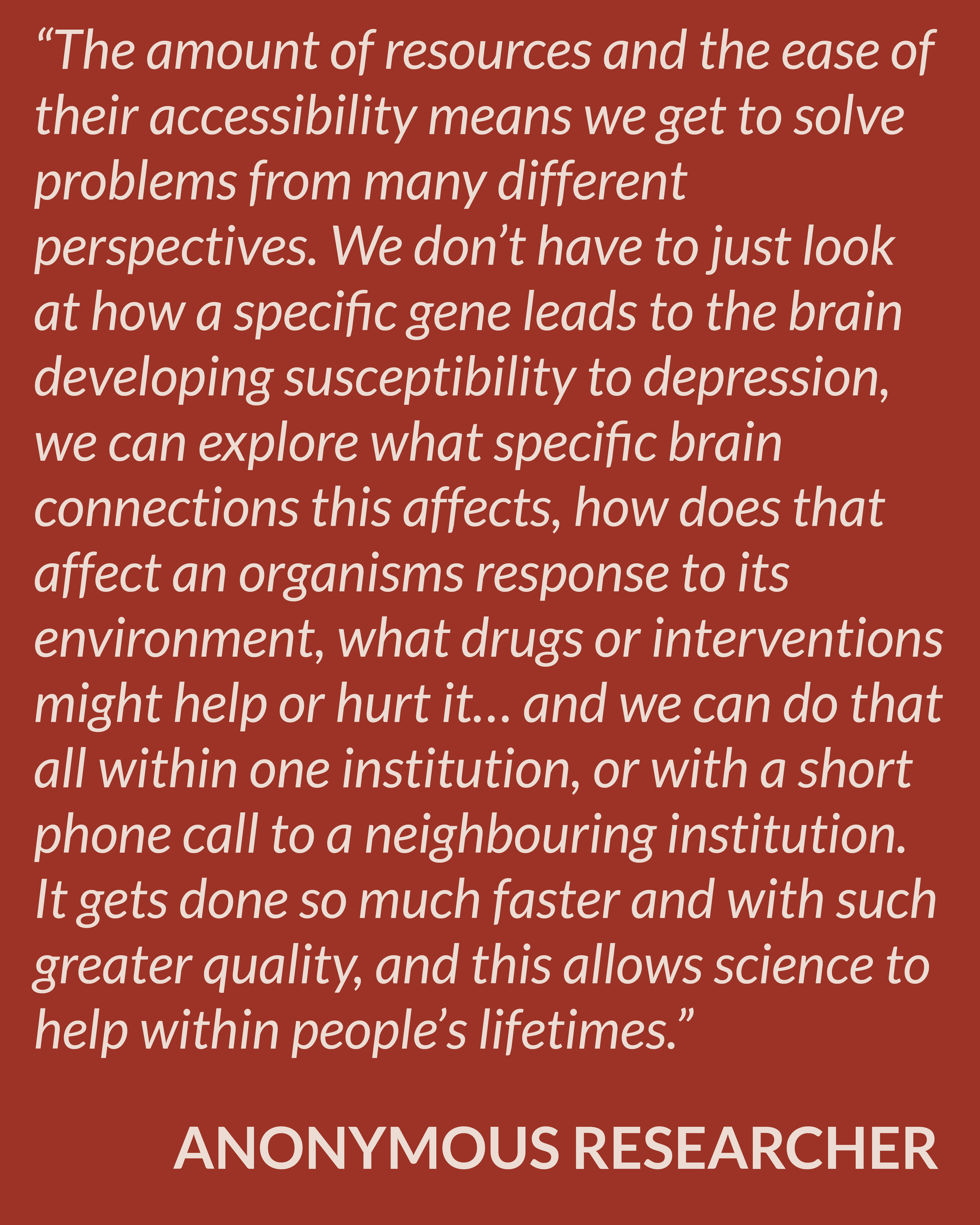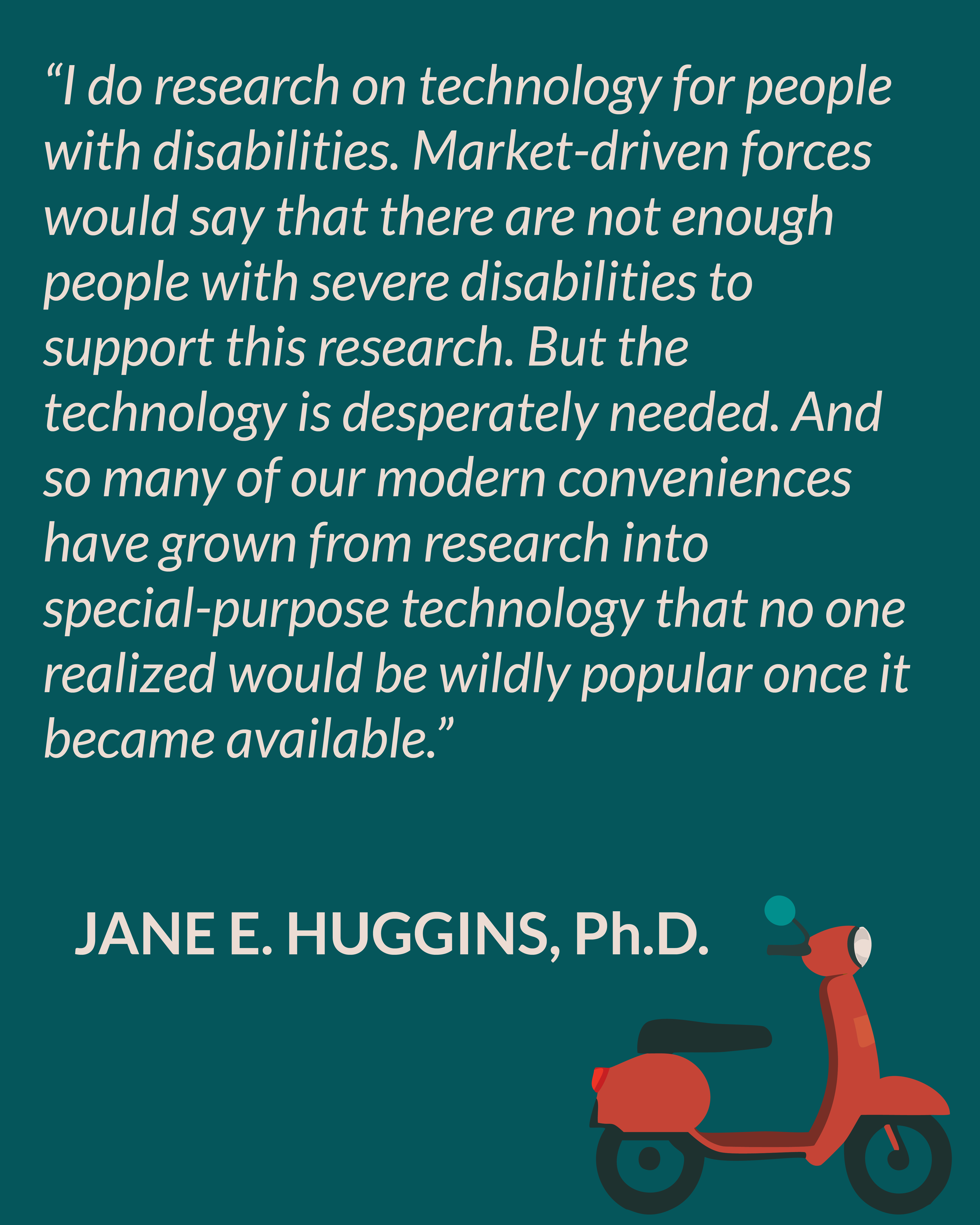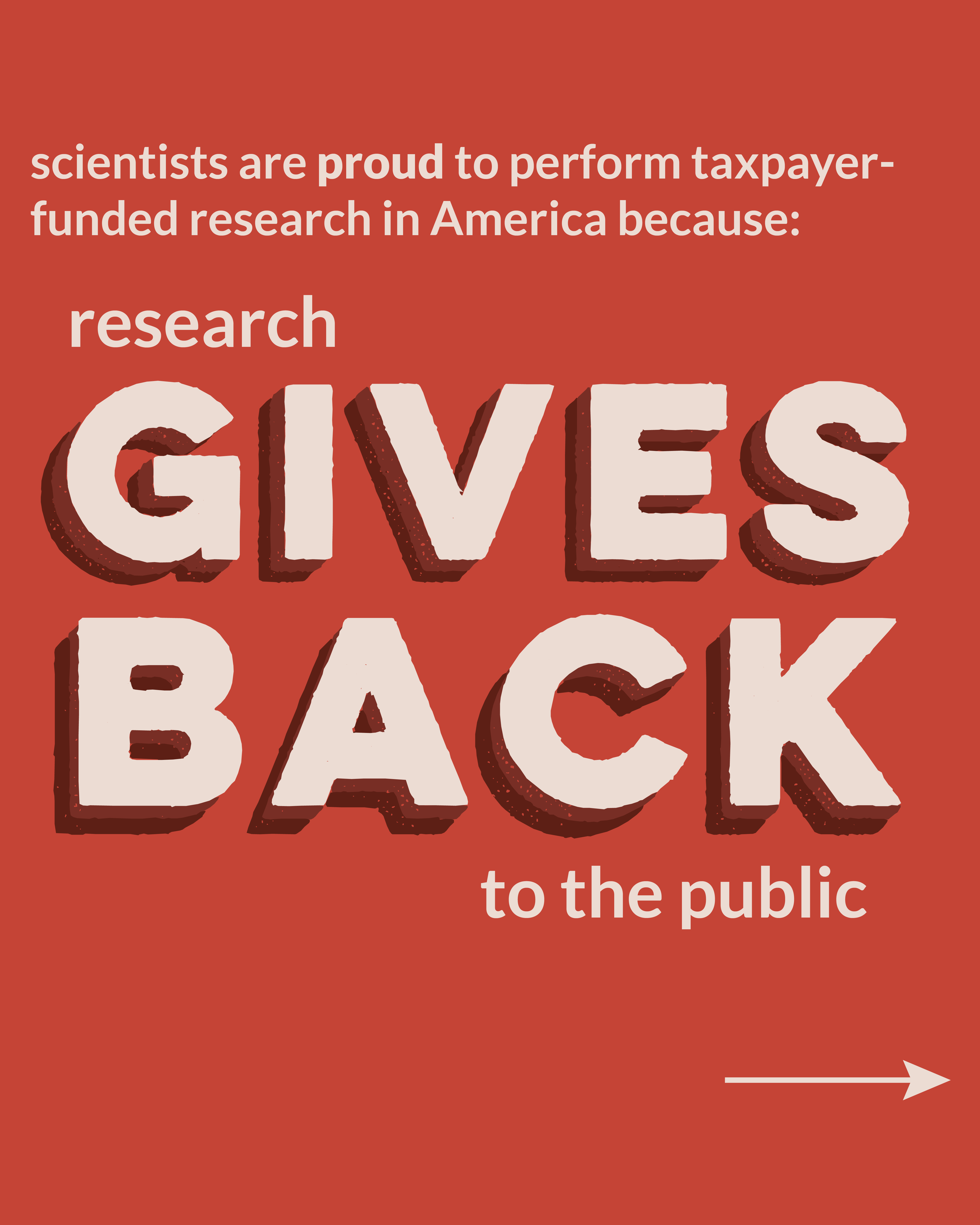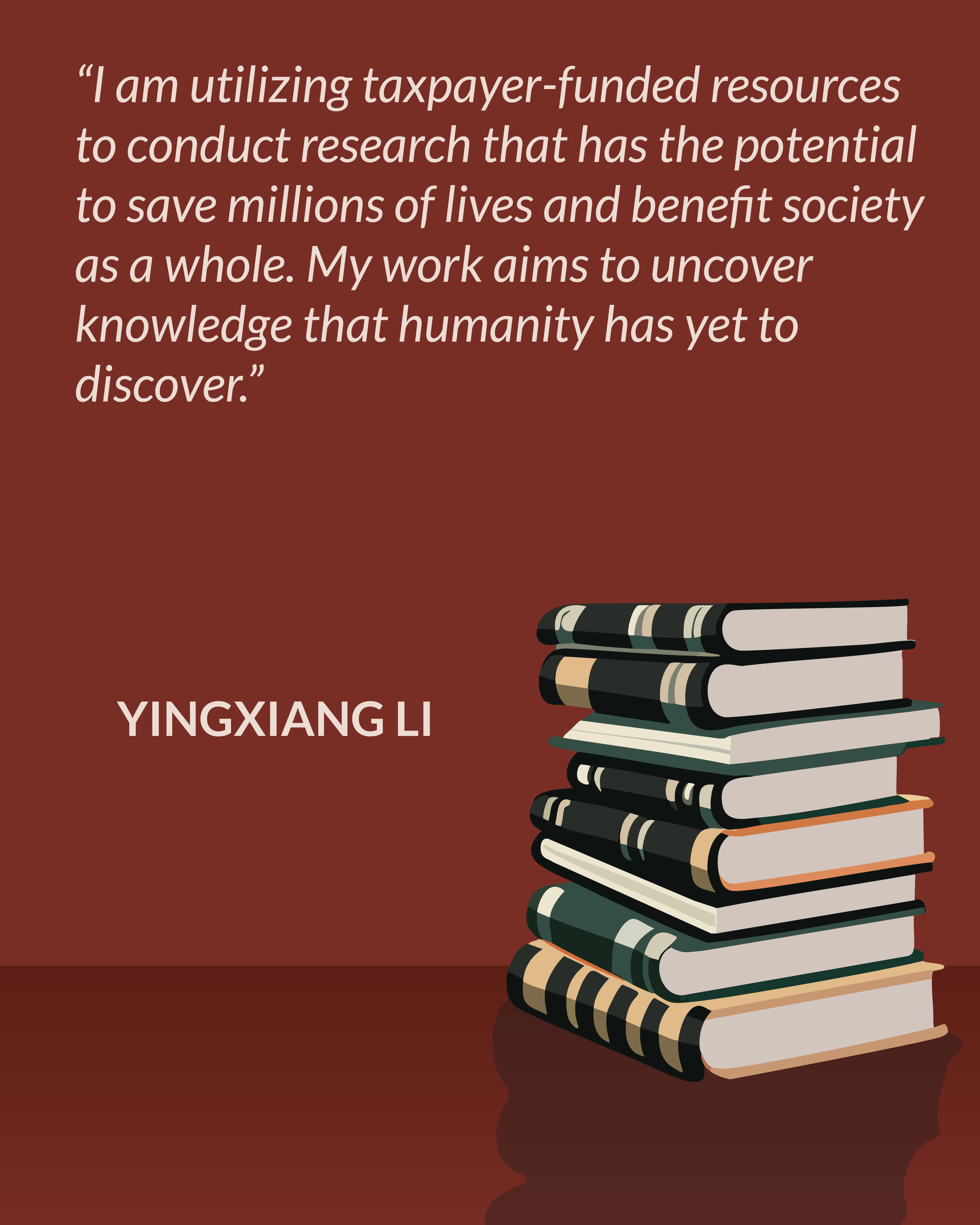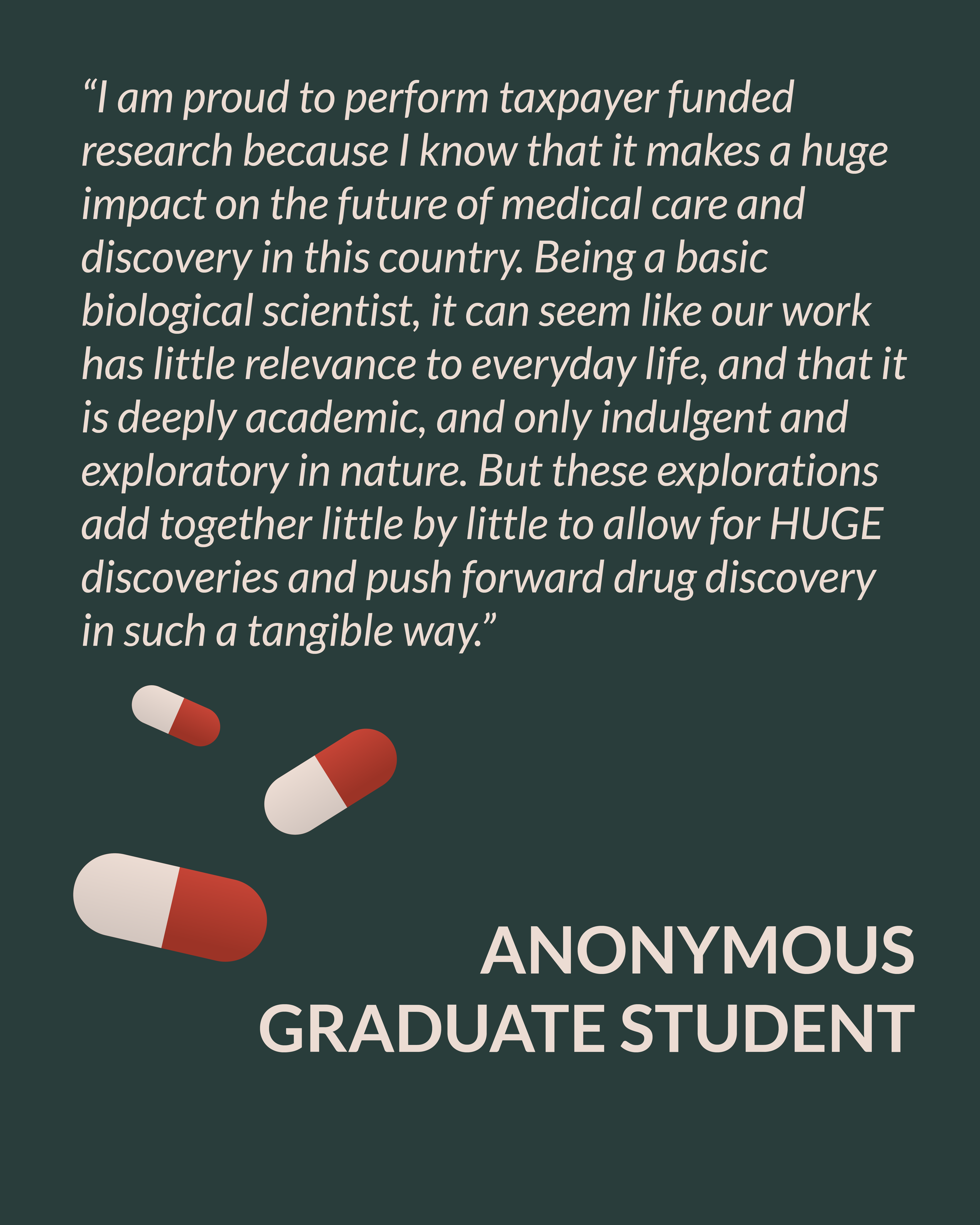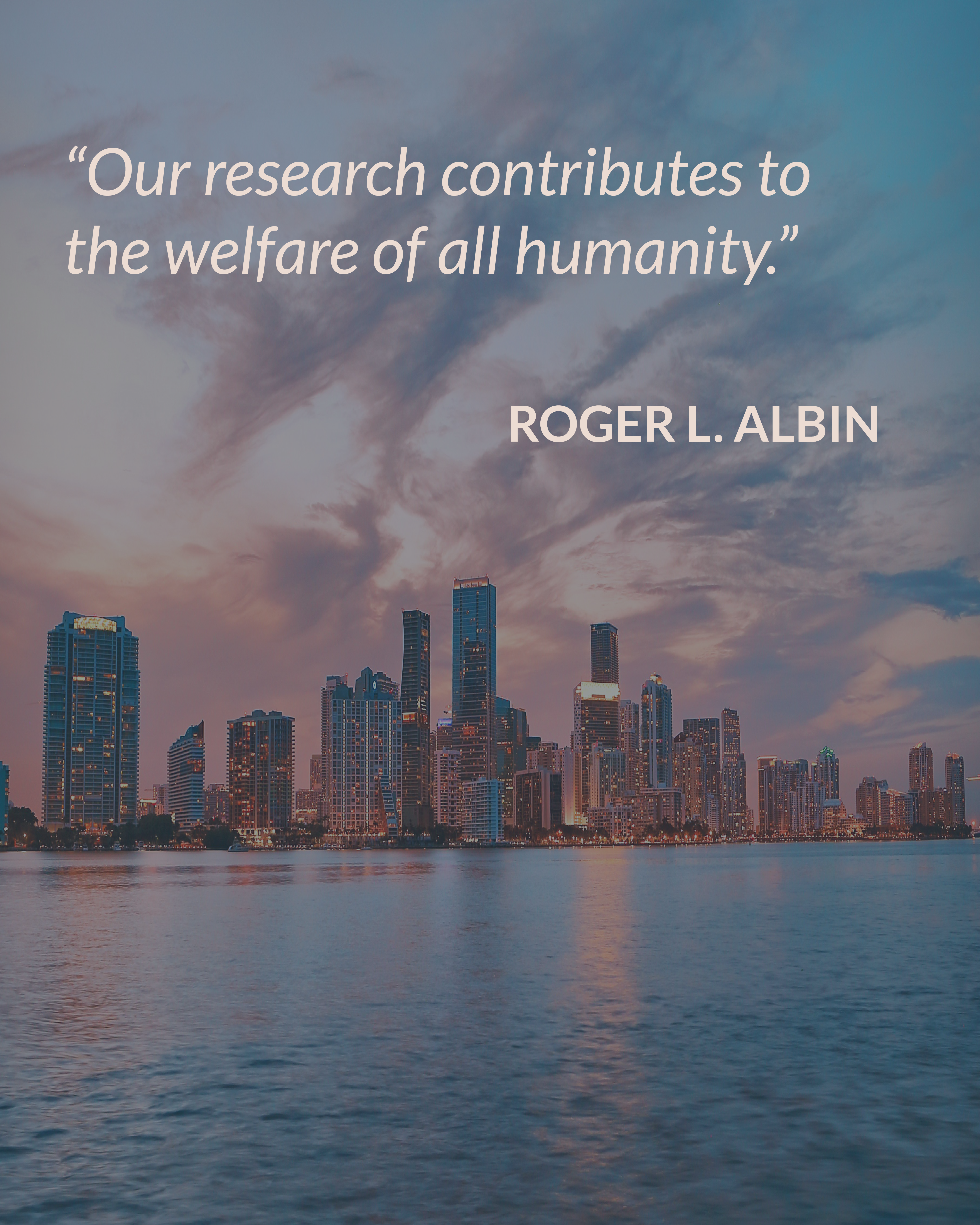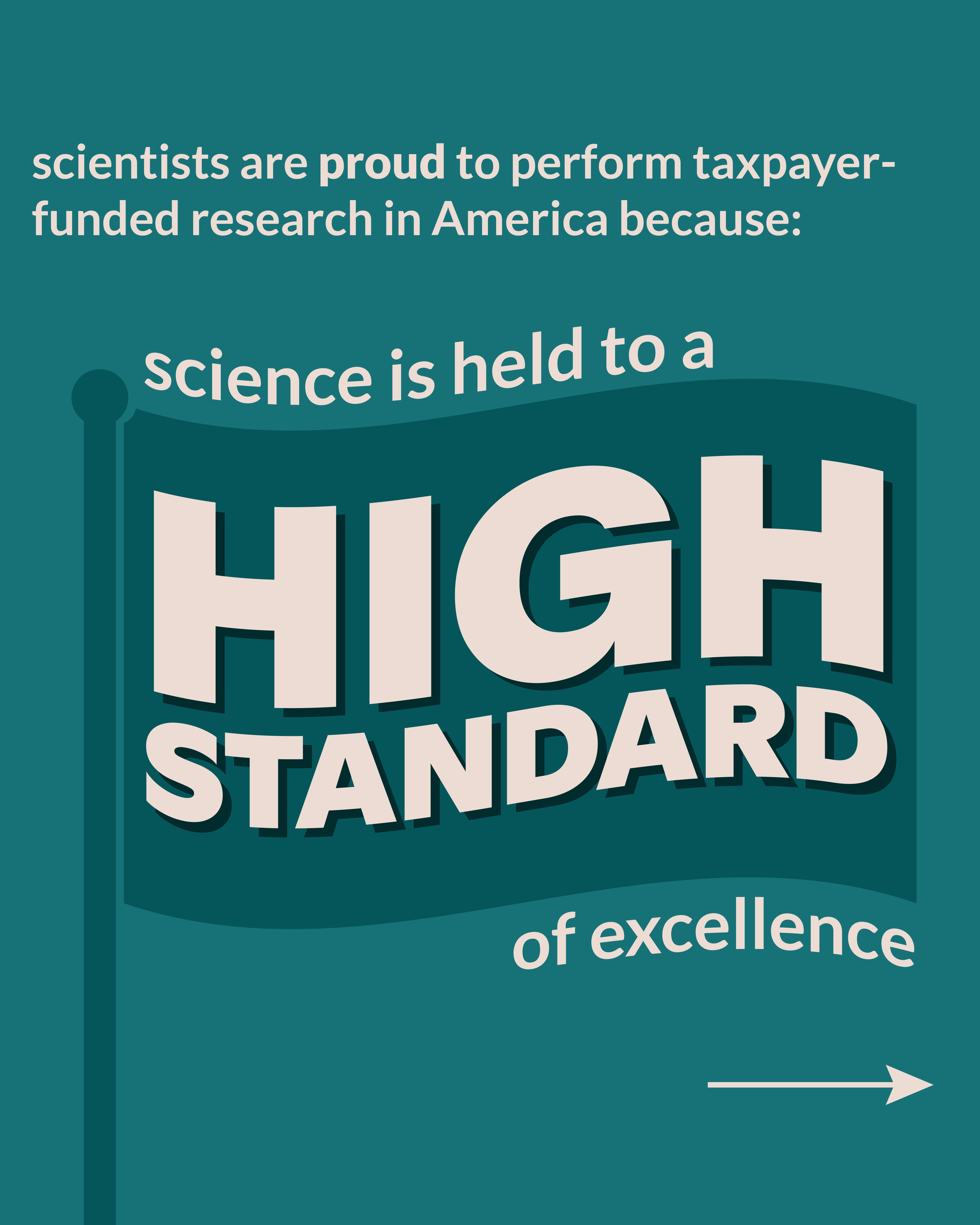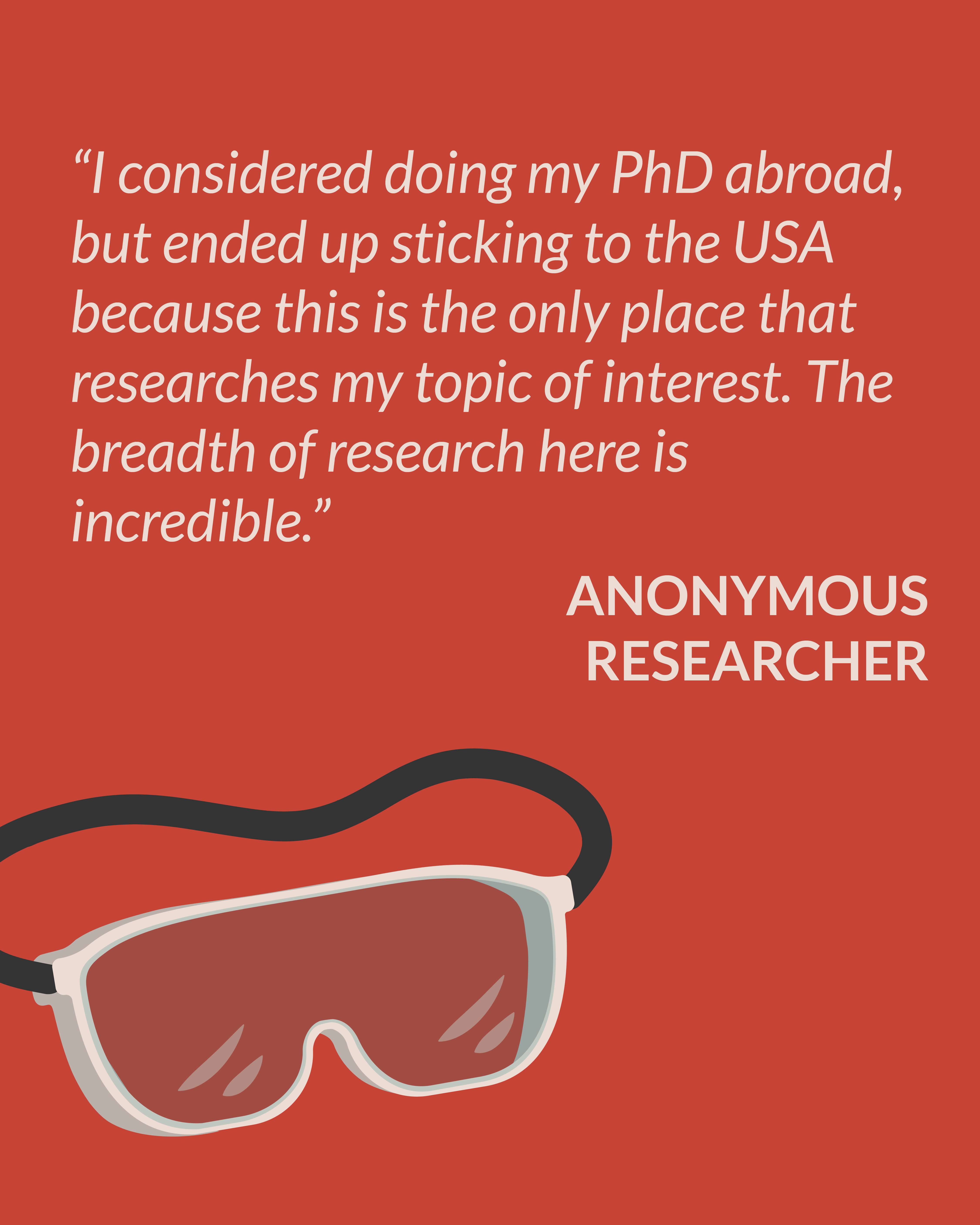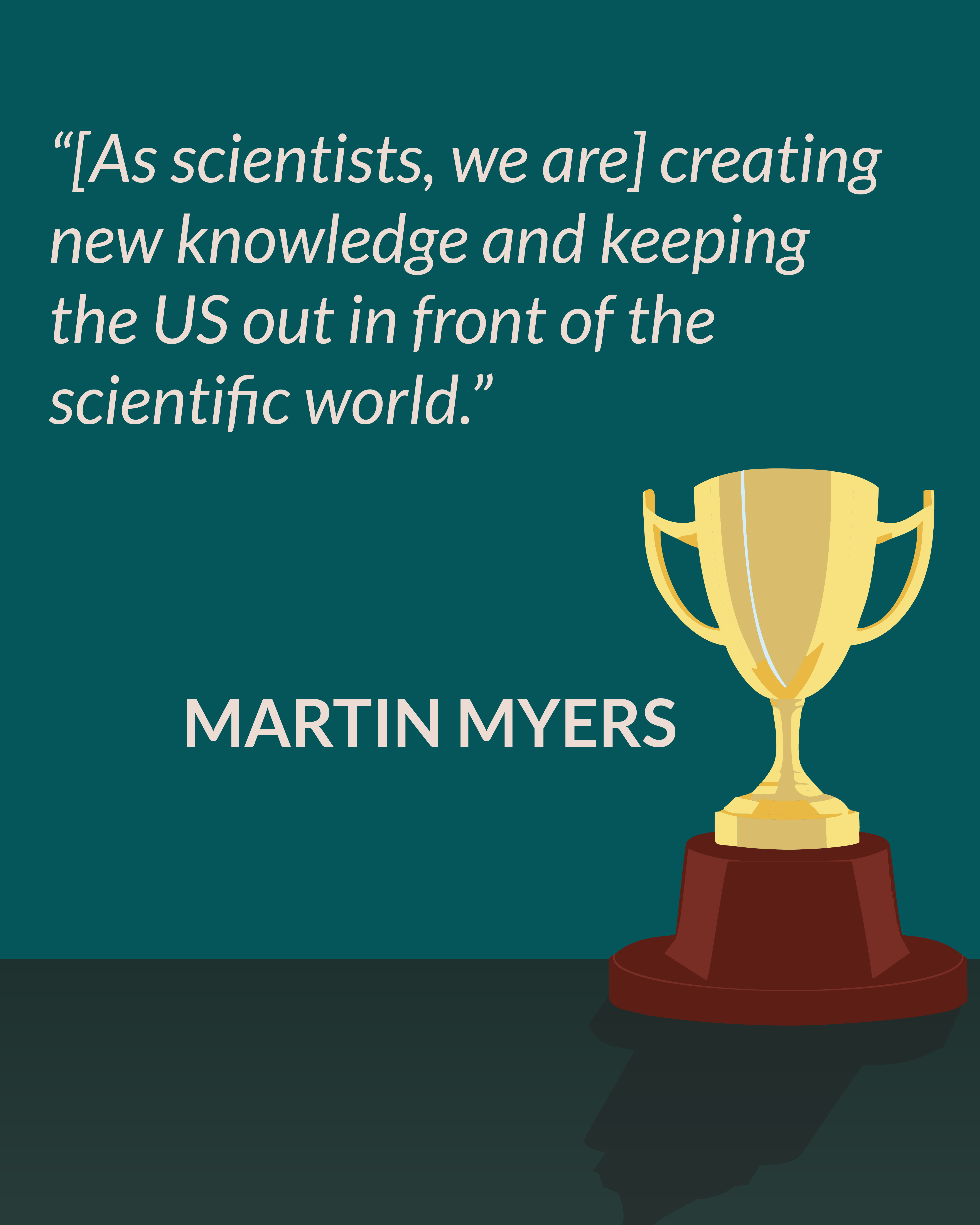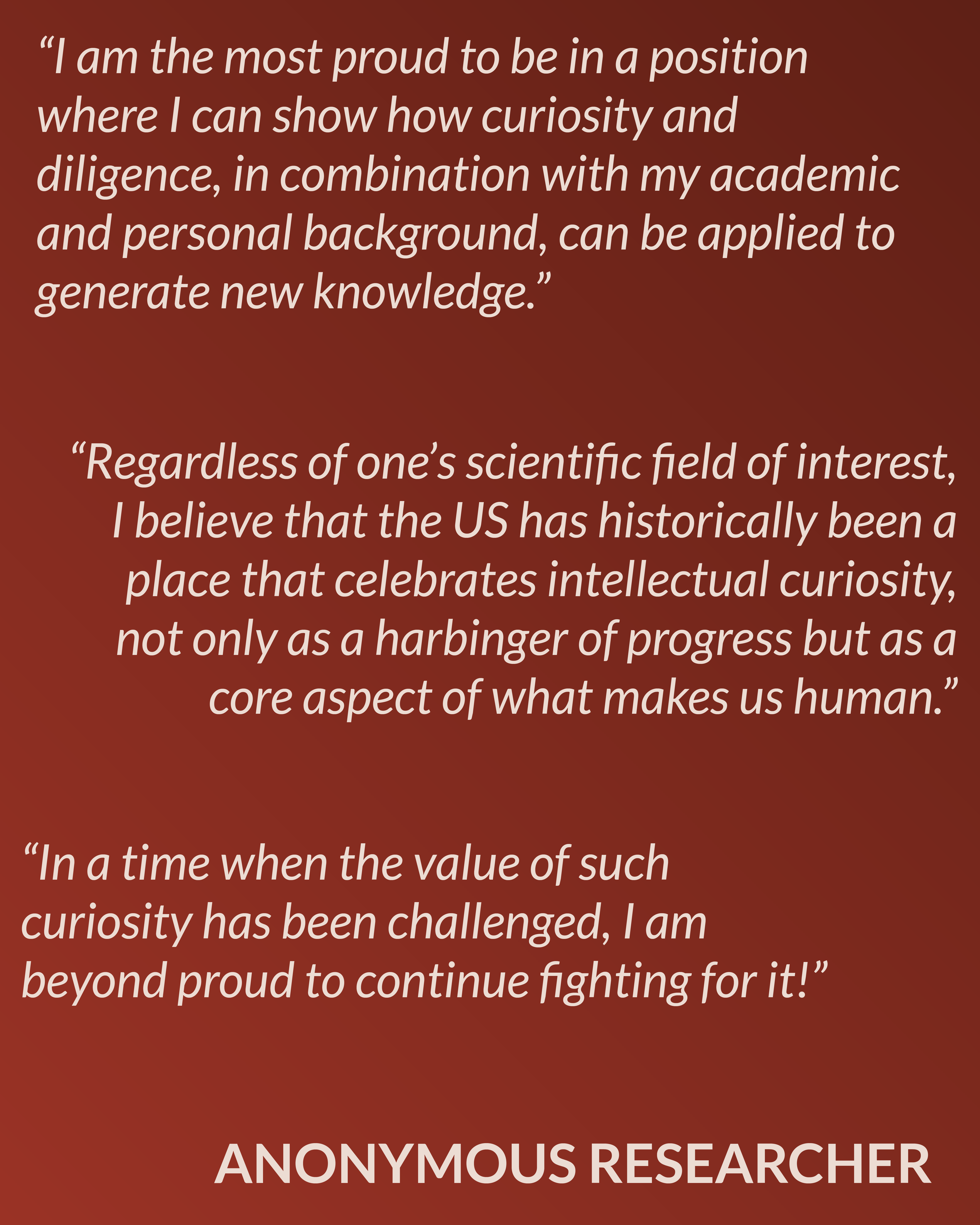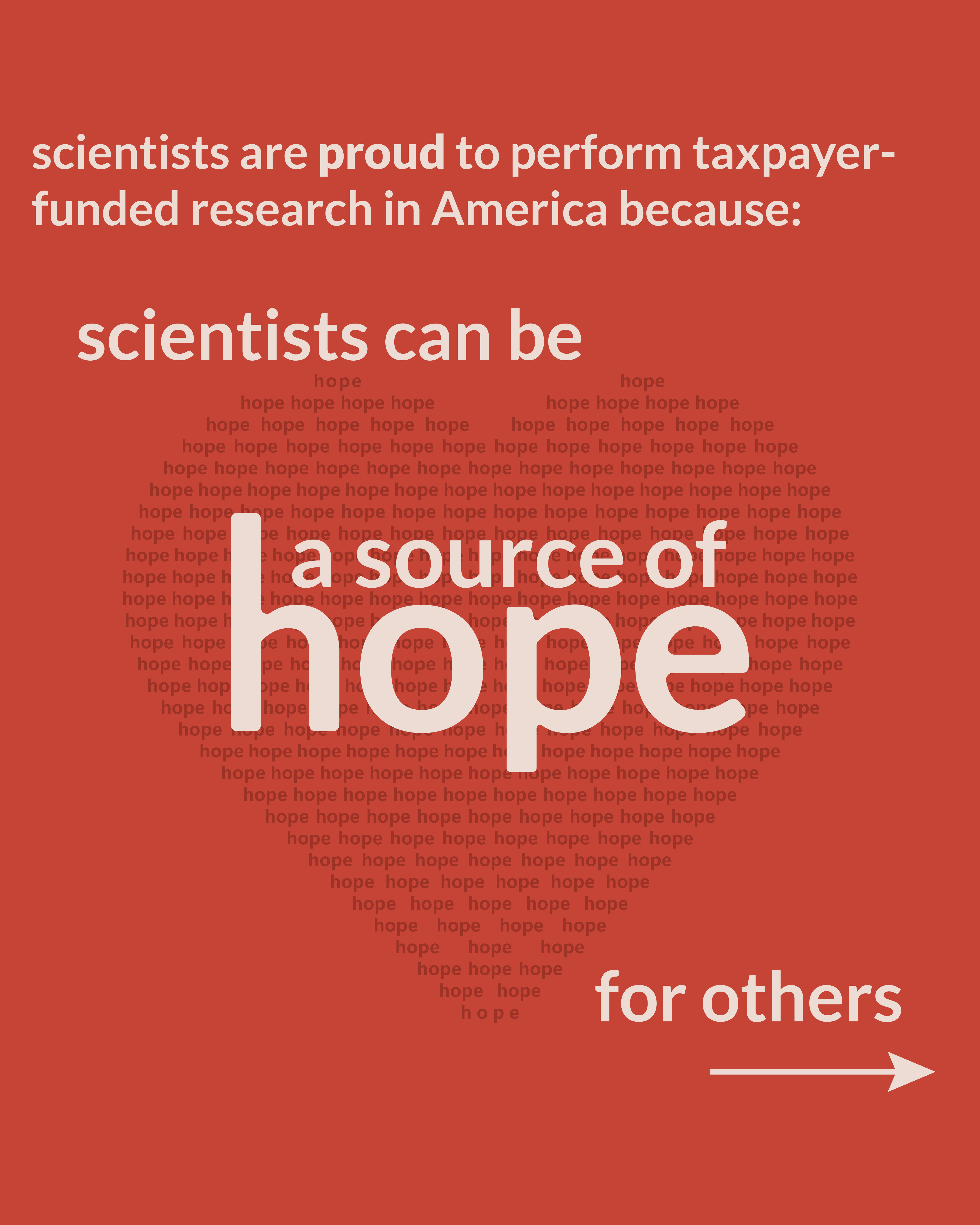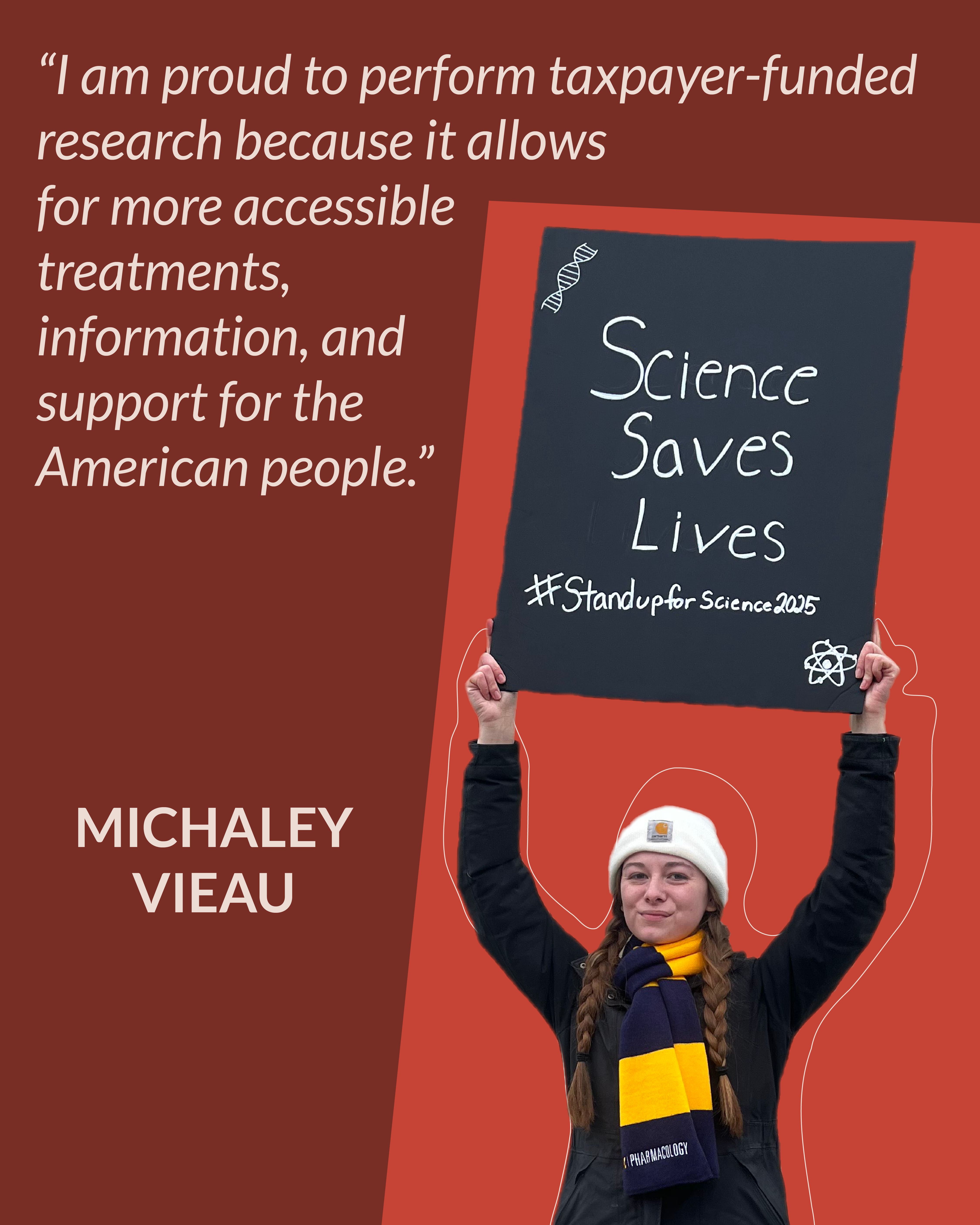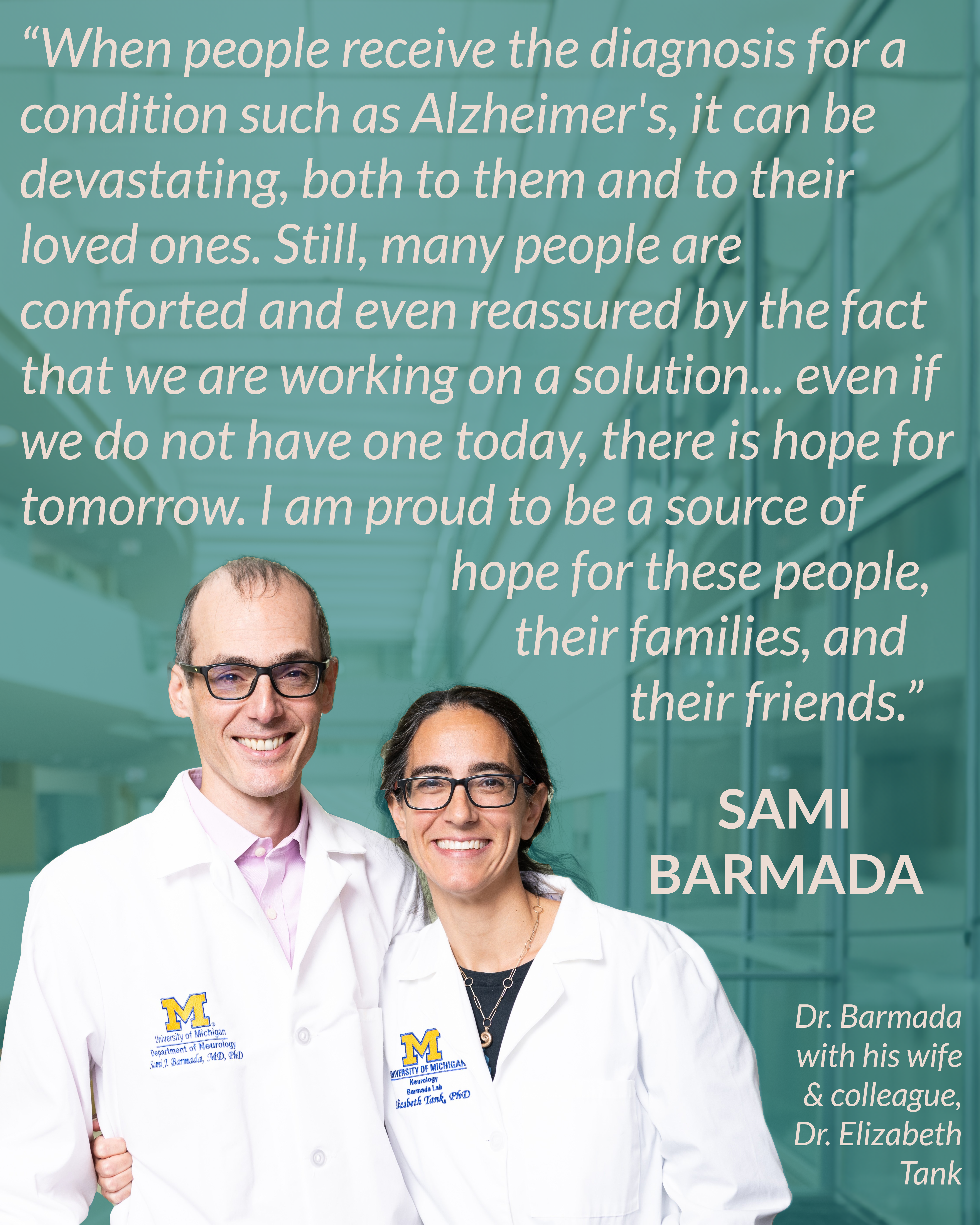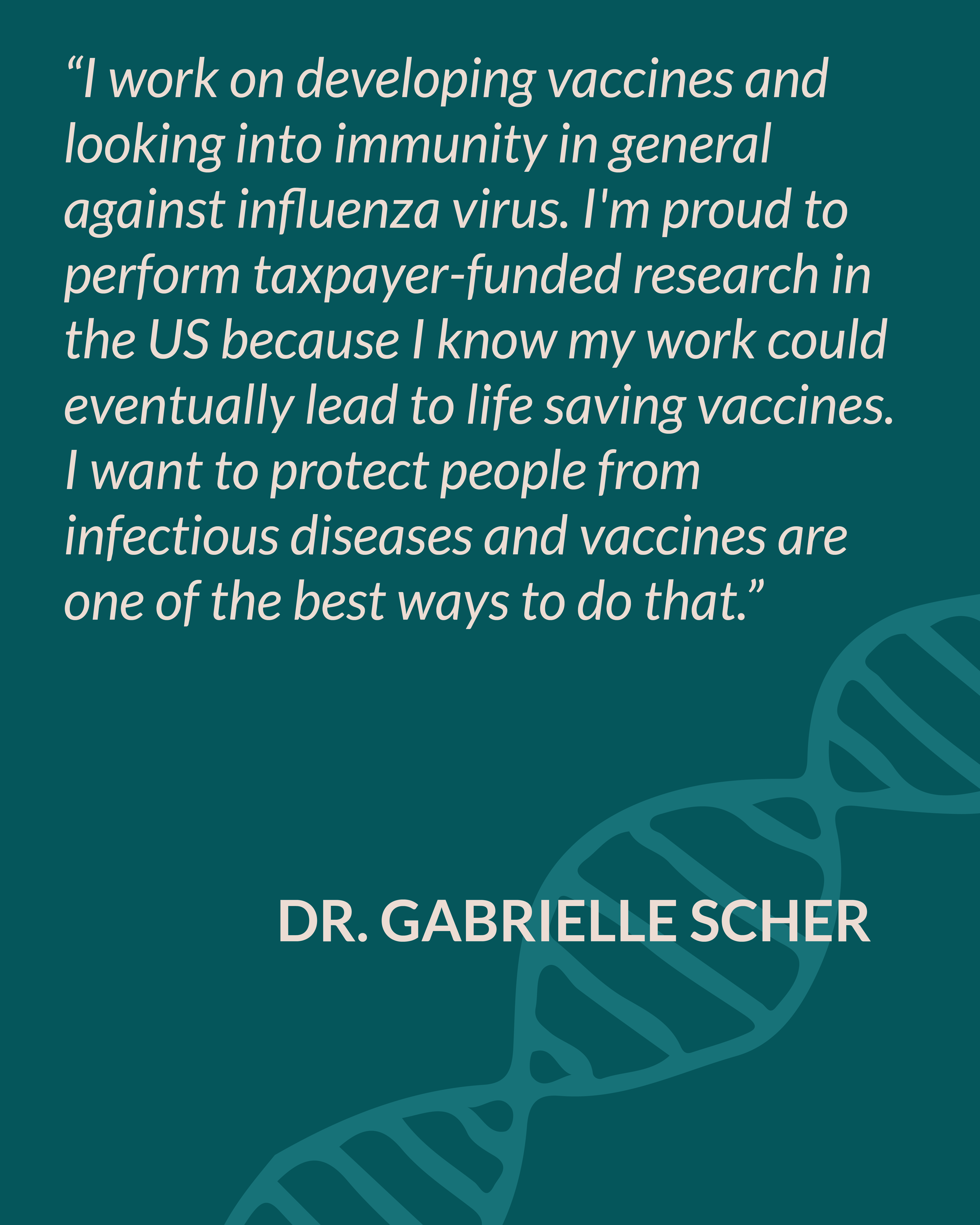Here at Your Neighborhood Scientist, we’re excited to highlight American patriotism in a way you might not always think about: scientific research. If you’re an American taxpayer, your tax dollars currently go towards the National Institutes of Health (NIH), which is the world’s largest funder of biomedical research. As a result, the US is the primary driver of science and technology innovation in the world. Between 2010 and 2019, 354 out of 356 of drugs approved by the FDA received funding from the NIH during their development – a whopping 99.4%. These medications included Keytruda, a breakthrough cancer treatment, Trikafta, a life-changing therapy for many with cystic fibrosis, and Imbruvica, a breakthrough therapy for blood cancers. As your neighborhood scientists, we want you to feel proud to be American this July 4th because those breakthroughs came from your tax dollars – and as scientists, we’re proud to be entrusted with those dollars to generate tomorrow’s medical breakthroughs.
We recently asked some of our neighborhood scientists why they are proud to do taxpayer-funded scientific research in the US. In their answers, we hope that you, too, can feel some American pride in science this July 4th. Here are a few:
Over the next week, we’ll continue to highlight the incredible scientists that do this government-funded research and the citizens who benefit and support it, from high school teachers to those obtaining medical treatment through NIH-funded clinical trials. If you’re not already, you can follow us on Instagram, Facebook, LinkedIn, and Bluesky. We hope that you’ll share with your neighbors why funding science is patriotic, and we hope you feel proud, too. Because those scientific breakthroughs? They’re made in the USA – thanks to you.
July 5th, 2025
Science and research innovations are everywhere – if you just know where to look! Almost everything you see in the natural environment, we know more about because of scientific research. Why do the leaves fall from the trees in the fall? Why do birds fly south? What makes the tides go in and out every day?
This knowledge is important because it helps us plan for things like hurricanes and figure out how to set up home foundations so they don’t sink into the ground. It also helps us develop innovations that help us preserve the natural world – like window stickers to avoid migrating bird collisions.
Today, we’re highlighting scientists who love the taxpayer-funded work they do because it helps them understand the world around us. How has science helped you understand the world around you?
July 6th, 2025
Between 2010 and 2019, 354 out of 356 of drugs approved by the FDA received from NIH funding during their development – a whopping 99.4%. These medications included Keytruda, a breakthrough cancer treatment, Trikafta, a life-changing therapy for many with cystic fibrosis, and Imbruvica, a breakthrough therapy for blood cancers.
Today, we’re highlighting some of the scientists who do this NIH-funded work – the ones who are pushing the boundaries of what we know to cure diseases and solve today’s medical mysteries so that we can have more tomorrows.
Do you or a loved one benefit from medical advances that originated from NIH-funded research (if you’ve ever taken a medication or been to a hospital, that answer is yes!) Feel free to share your stories below, and why you’re proud to fund this work with your tax dollars!
July 7th, 2025
When you think of creativity, you probably think of artists and writers. But what about scientists? For many, scientific research provides an opportunity to ask creative questions and generate new ways to answer them. In doing so, scientists are able to tackle today’s problems from unique angles and provide solutions that haven’t been used before. Ultimately, this can generate novel disease cures and treatment options for people that didn’t previously exist.
Today, we’re highlighting scientists who love the creative freedom offered by basic science research funded by the National Institutes of Health and National Science Foundation – the two largest funders of science research. We are inspired by their commitment to finding creative solutions to tough problems, and we hope you are, too.
July 8th, 2025
The two largest funders of research in the U.S. – the National Institutes of Health and the National Science Foundation – are funded by taxpayer dollars. This research is behind every medical breakthrough we see today, from the drugs on the market to new imaging methods to detect cancers to robotics that make surgery less invasive.
That also means that these breakthroughs are all because of you. If you pay taxes in the U.S., every cancer cure and Alzheimer’s drug and addiction treatment option is all thanks to you and the funding from your tax dollars for the NIH and NSF. And here at Your Neighborhood Scientist, we think that’s something to be proud of.
July 9th, 2025
We asked scientists across the U.S. why they’re proud to do science here, and their answers ranged from curing diseases to giving back to understanding the world around us. Many also mentioned that they love to do science here because it’s hard. U.S. science is held to an extremely high standard of excellence – grant funding is competitive, publishing requires multiple reviews from peers, and studies have to be designed rigorously. That high standard drives scientists to do excellent work with the critical eye that is needed to develop cures for today’s most complex diseases, from cancer and autoimmune disorders to genetic conditions and dementia.
July 10th, 2025
If you or a loved one has ever received a challenging medical diagnosis, you know that navigating a diagnosis like cancer or a genetic condition can be daunting. When we asked U.S. scientists why they love the science they do, many shared that their work is able to be a source of hope for those who have been diagnosed with challenging medical conditions. Each day, new treatment options become available that turn previously devastating diagnoses into a hiccup in life. Scientists love the work they do because they can provide hope – because they know that their work can increase the quality of life and can even save the lives of those impacted by the diseases they study.
That’s a wrap for our feature celebrating American science! We hope that you, too, can feel some pride that your taxpayer dollars support such amazing scientists and their impactful work.
